February is Black History Month, a time in which we reflect on the struggle of black communities. The time when the Civil Rights Movement began was a very special one for both black communities and for the LGBTQ+ movement. By now, it is known that the movement we know today as LGBTQ+ pride was born during this time. Less famous is the fact that it was many of the same incredible people fighting for the rights of African Americans who also stood up for the rights of what was then known as the Queer Community. Why? Because as Martin Luther King once said, “Injustice anywhere is a threat to injustice everywhere.” Here is the story of the black and queer humans who changed the history the world.
Bayard Rustin (1912-1987)
Rustin was one of the biggest activists among both the Civil Rights and the LGBTQ+ movements. He organized the famous 1963 March on Washington and was a key adviser to Martin Luther King. He was also an out gay man and was jailed for 50 days and registered as a sex offender as a result. In 2020, Gov. Gavin Newson pardoned Rustin for his arrest and spoke about how LGBTQ+ were unjustly punished for their sexuality.
Stormé DeLarverie (1920-2014)
DeLarverie, a biracial lesbian performer and activist, spent her lifetime fighting for equality. Her most powerful weapon was her pride. As a teenanger, she joined a circus where she rode jumping horses and later toured the black theater circuit as the MC - the only drag king - of the Jewel Box Revue. She then worked as a bouncer for lesbian bars in New York City before becoming a leader of the Stonewall Veteran Association. Her strong character and sense of duty led her to volunteer as a street patrol worker, where she gained her nickname as the “guardian of lesbians in the village.” As DeLarverie showed, you don't have to be a famous politician to fight for equality. You can do that everyday with the actions you take in your own community.

Gladys Bentley (1907-1960)
Bentley was one of the first defiers of the sex-role stereotypes. A singer and performer during the Harlem Renaissance, Gladys was known for wearing a top hat and a tuxedo while playing the blues back in the 1930s. Aside from a fashion statement, this had a specific purpose: Gladys was considered a pioneer of “gender bending,” which is a form of social activism aimed at destroying rigid gender roles. She has been called “Harlem’s most famous lesbian” by the New York Times and remains a classic example of what unapologetic pride looks like.

James Baldwin (1924-1987)
One of America’s most famous writers, Baldwin wrote about race and sexual identity. He became an important educator of black and queer identity, writing groundbreaking novels about homosexuality and bisexuality such as “Giovanni’s Room” and his famous collection of essays “Notes of a Native Son.”

Audre Lorde (1934-1992)
From feminist theory to creitical race studies to queer theory and writing, Lorde was one of America’s great Queer thinkers. She described herself as a “black, lesbian, feminist, mother, poet, warrior.” She once wrote “I write for those women who do not speak, for those who do not have a voice because they were so terrified, because we are taught to respect fear more than ourselves. We’ve been taught that silence would save us, but it won’t.”

Ernestine Eckstein (1941-1992)
Eckstein was one of those characters whose fight for equality extends to both civil rights and LGBTQ+ rights. In fact, she viewed both as intrinsically linked. She was a leader of the New york chapter of Daughters of Bilitis, the first lesbian civil political rights organization in the United States. An early activist in the black feminist movement, she also involved herlself with Black Women Organized for Action. If you went to an early LGBTQ+ rights protest, you might have distinguished Ernestine from the crowd because she was often one of the only black women present. This is what pride means in its essence: being unafraid of your differences and fighting for your place within society.

Barbara Jordan (1936-1996)
Jordan was a civil rights leader and an attorney who became the first African American elected to the Texas Senate in 1966, and the first African American elected to Congress from Texas in 1972. While she could not have explicitly come out in public due to the harsh reality of politics, she was always open about her life partner of almost 30 years, Nancy Earl. She received the Presidential Medal of Freedom in 1994.

Phill Wilson (1956-Present)
Inspired by the death of his partner from an HIV-related illness, Wilson became a prominent black HIV/AIDS advocate. He founded the Black AIDS Institute in 1999, and in 2010, Wilson was appointed to President Obama's Advisory Council on HIV/AIDS. His work led to the "Act Against AIDS" campaign, now known as the "Let's Stop HIV Together" campaign, which promotes HIV testing, prevention and treatment.

Marsha P. Johnson (1945-1992)
Marsha P. Johnson had a special role in the roots of the LGBTQ+ movement. She had been an outspoken transgender rights activist - which was extremely dangerous at that time - when she became one of the central figures in the Stonewall uprising of 1969, which later became known as the beginning of the Pride Movement. Along with Sylvia Riviera, she helped form Street Transgender Action Revolutionaries (STAR), a radical political organization that provided housing and other support to homeless queer youth and sex workers. She also had an artistic side, and performed with the drag performance troupe Hot Peaches.

Miss Major Griffin-Gracy (1940-Present)
Another important transgender woman and activist, Griffin was and is still a key figure in the fight for trans rights. As a young woman, she was often incarcerated and homeless. But these challenges led her to a lifetime career trying to address the challenges that she and other LGBTQ+ youth faced. In 2005, Miss Major joined San Francisco-based Trans Gender Variant and Intersex Justice Project, and soon after became the executive director in advocating for trans incarcerated women. She became an important critic of the prison system, which according to her contributes to the incarceration of transgender individuals -particularly trans people of color, and those of low income. Now 79, Miss Major continues to be an important vocal critic.

By reading the stories of the black and queer activists who fought for equality, we can picture the important events that shaped black history. But by understanding the principles they lived by and fought for, we can learn how to move forward today. And one of the principals that all of these figures share is one that Pride Palace advocates for every day: Pride. Having pride is such a powerful force that through all of their struggles, it motivated these figures to continue their fight. Not just for themselves, but for all of those out there who were afraid of being who they were.
Today, Pride Palace honors these humans by continuing to encourage pride. We hope you enjoyed the article and encourage you to share it and spread their story. Let's celebrate Black History Month!



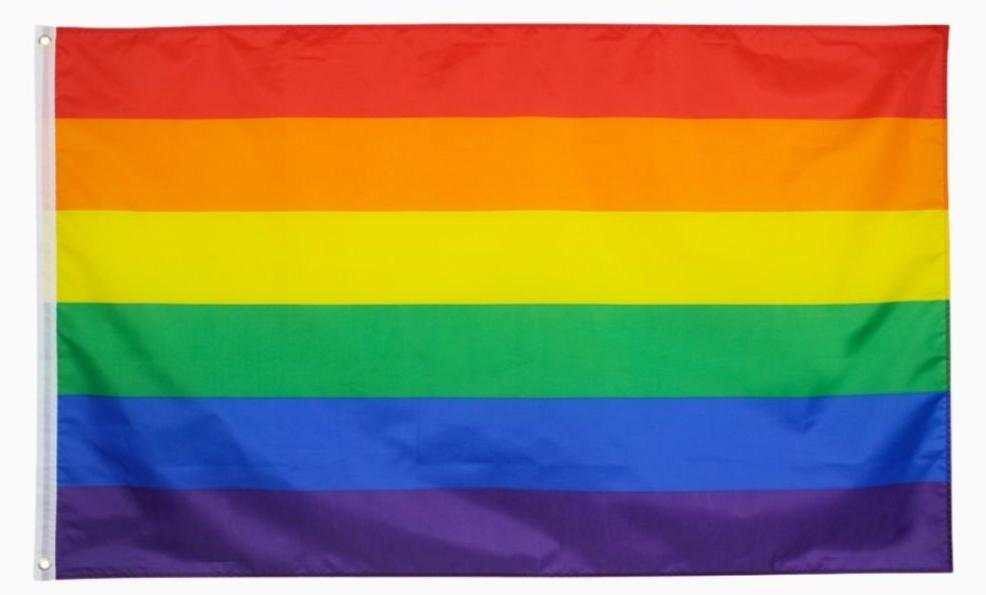
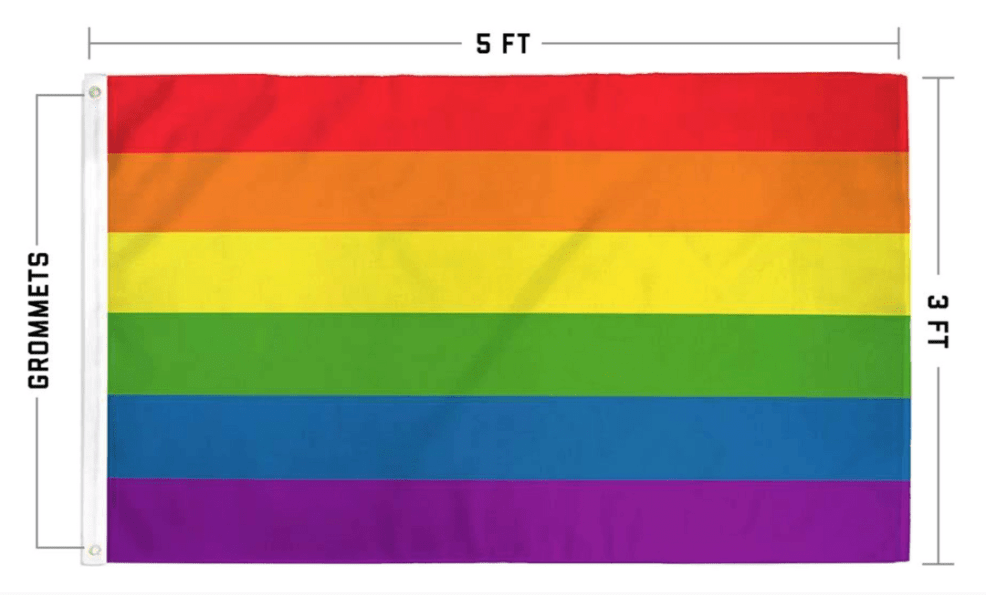
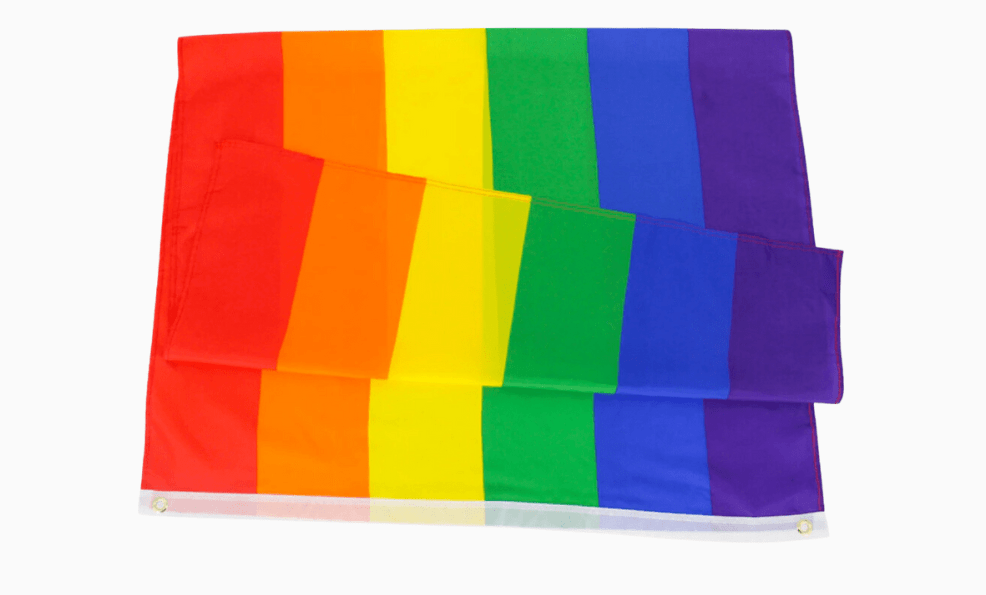
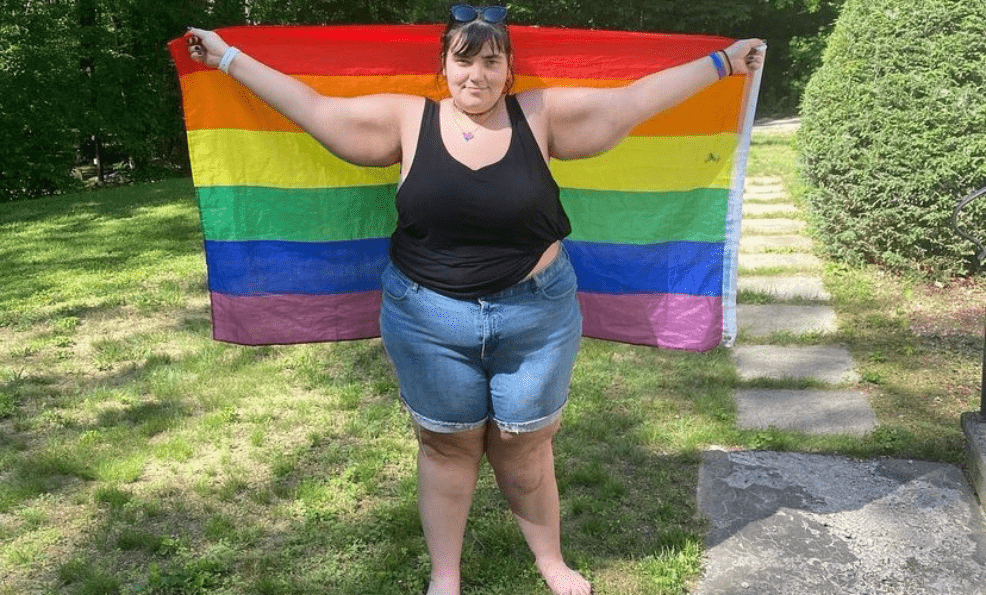
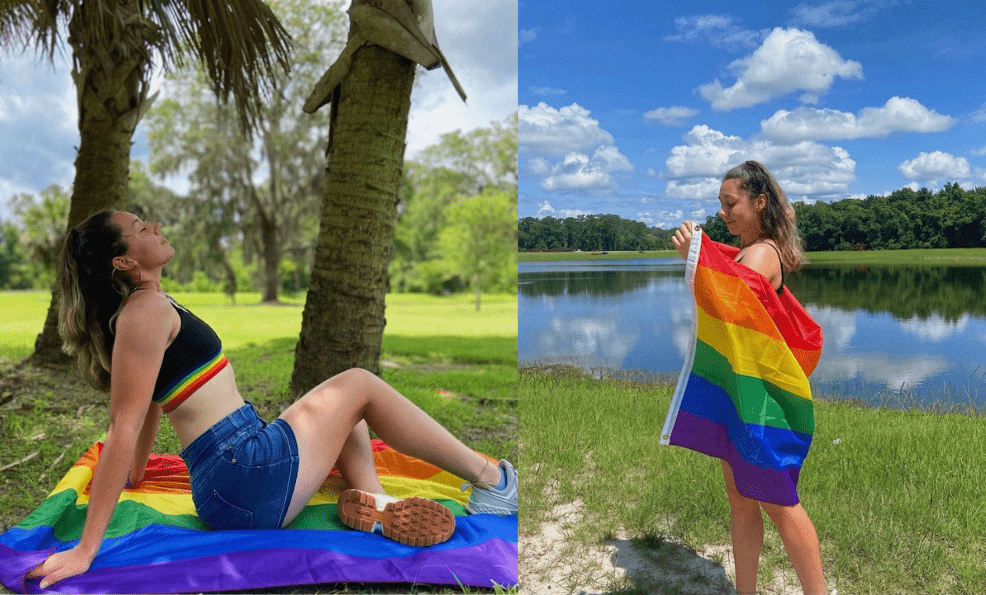
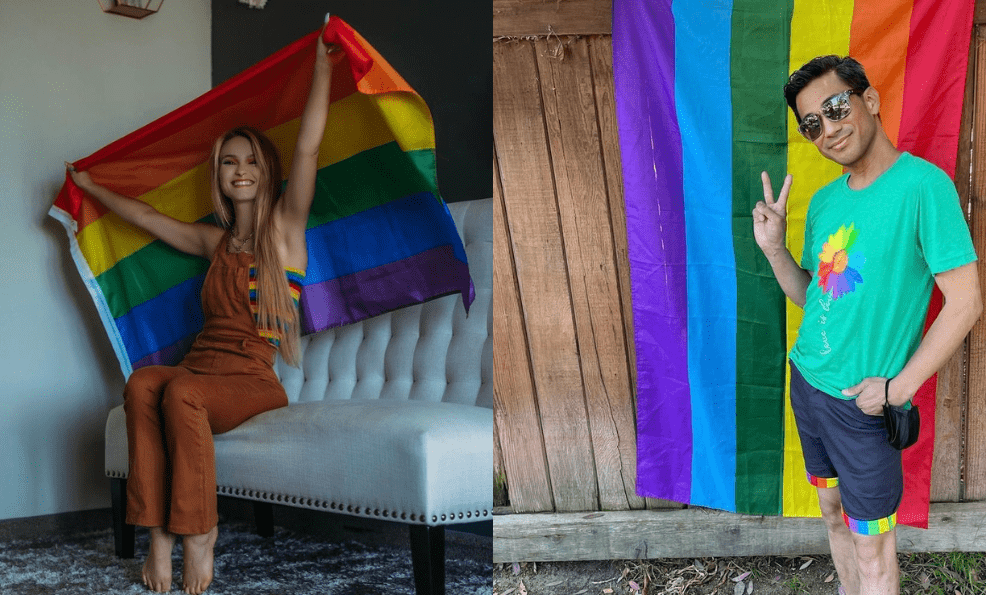
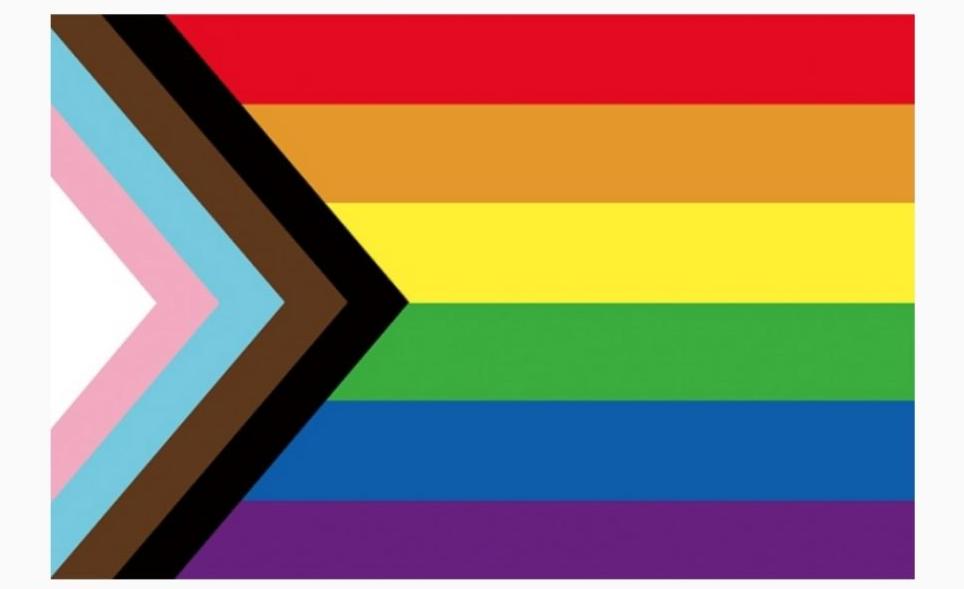
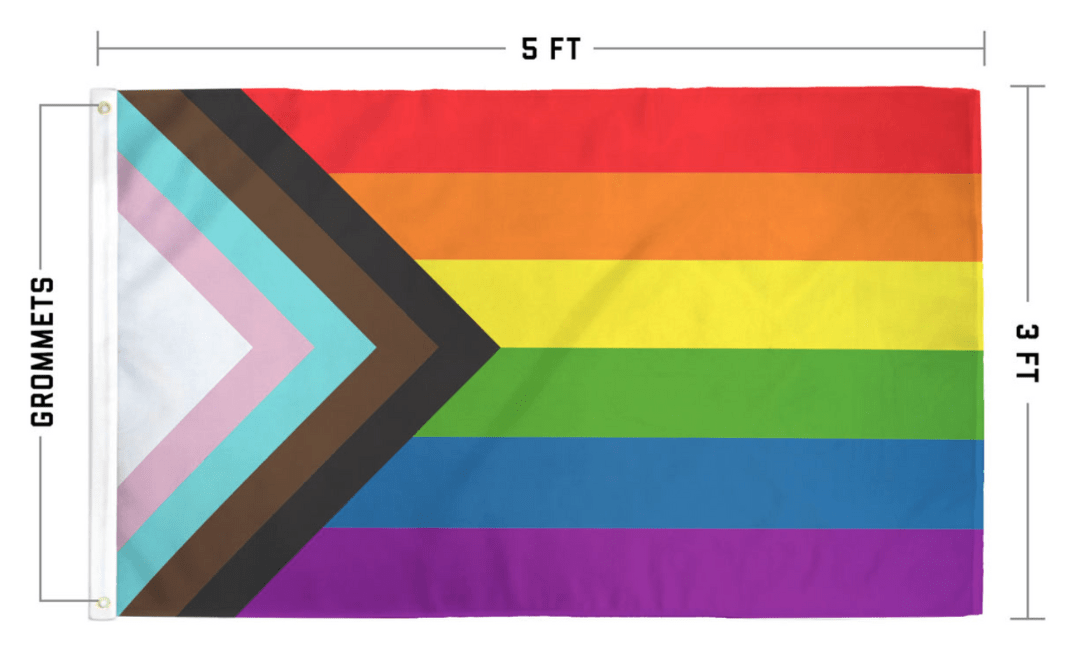
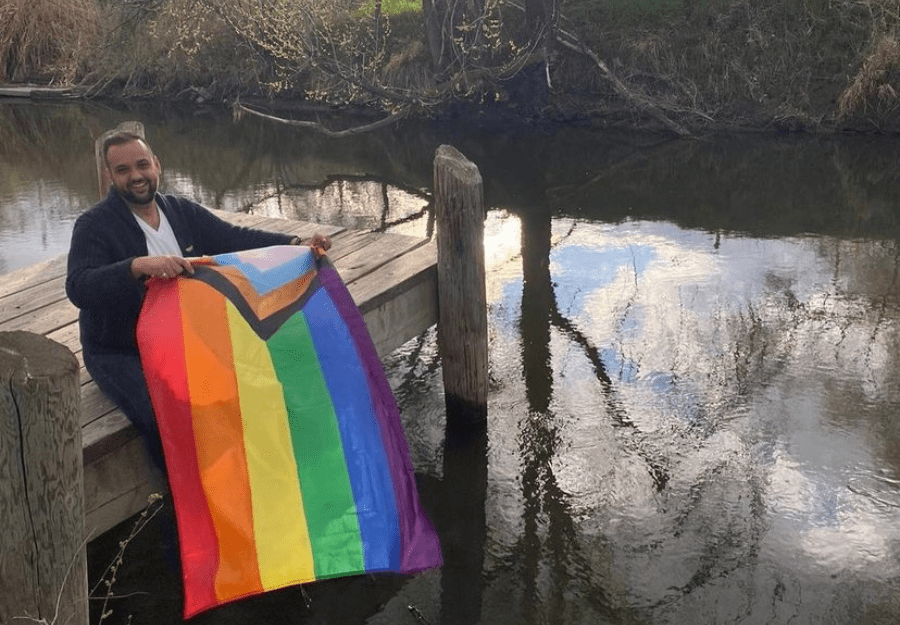
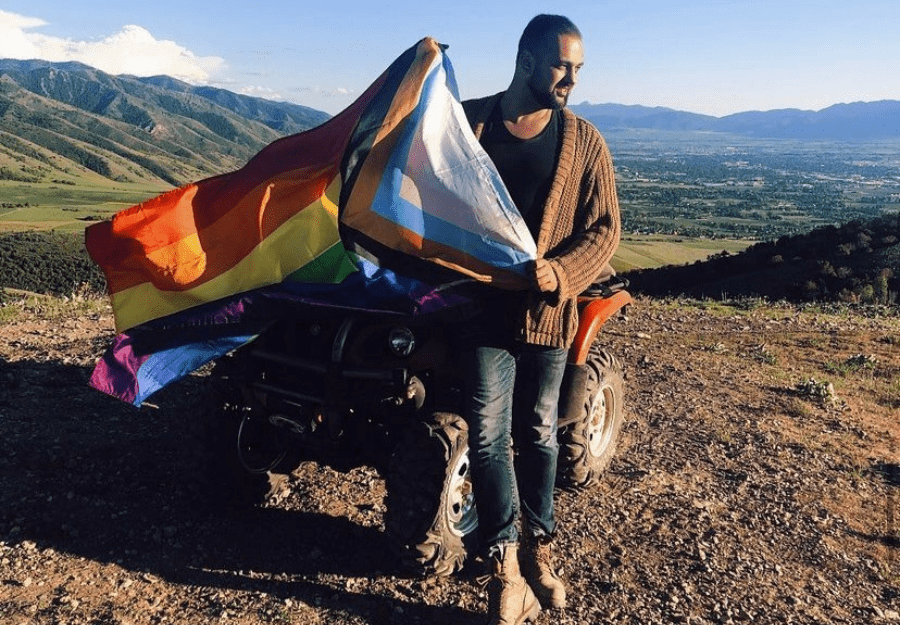
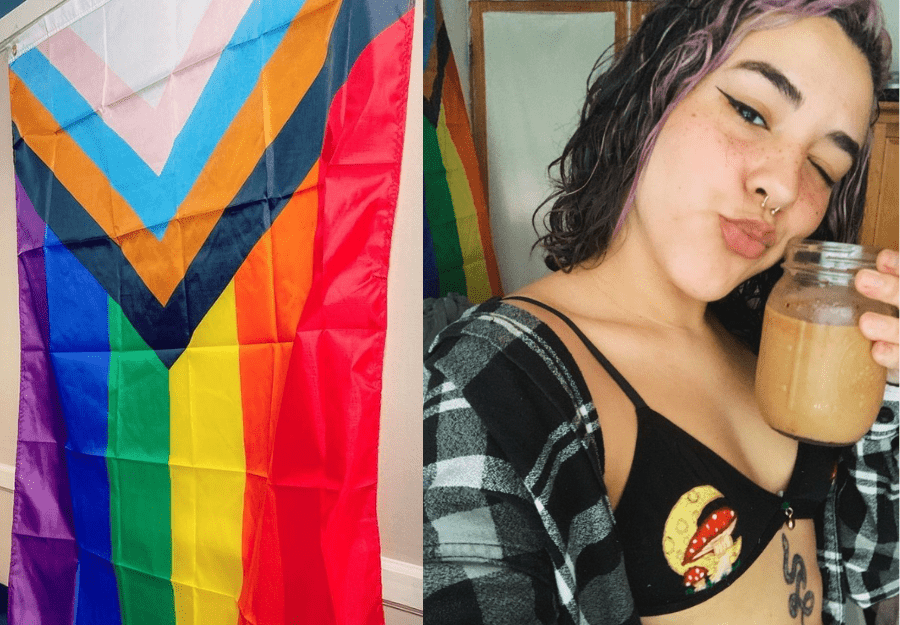
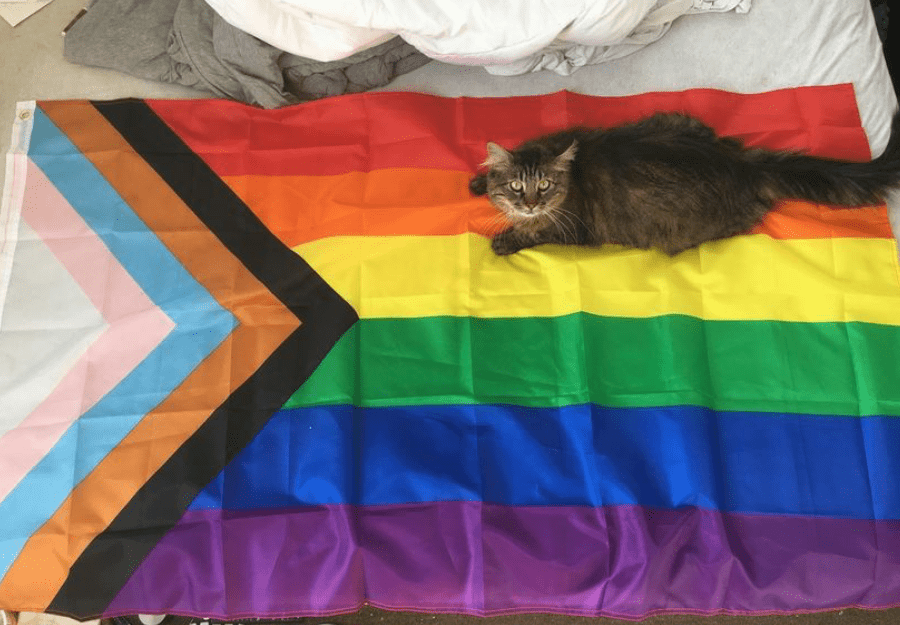
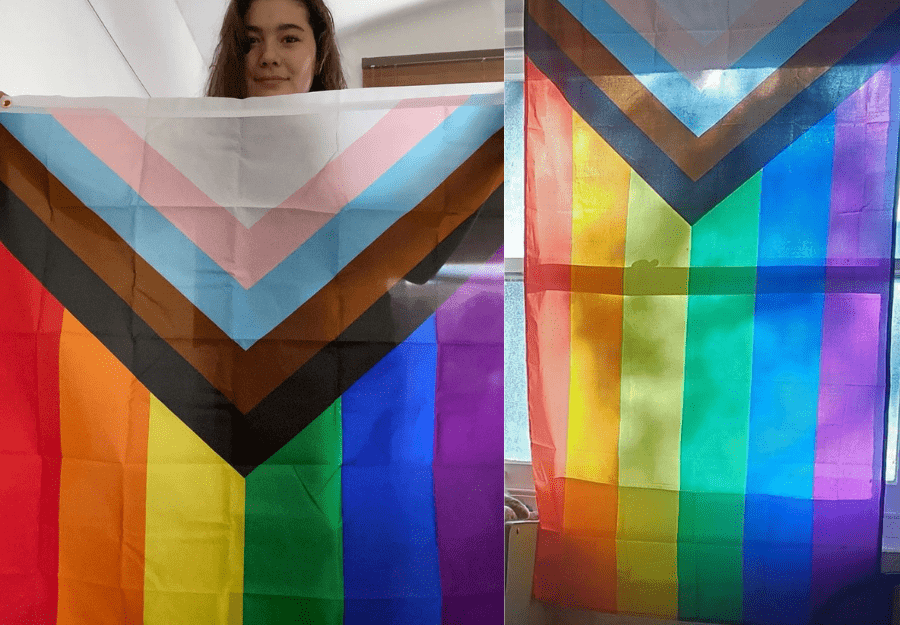
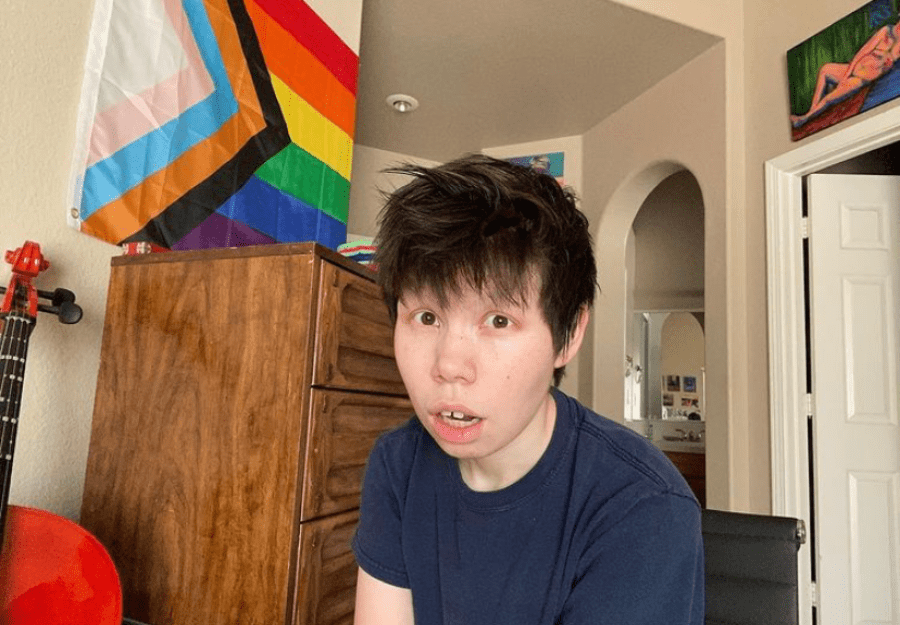
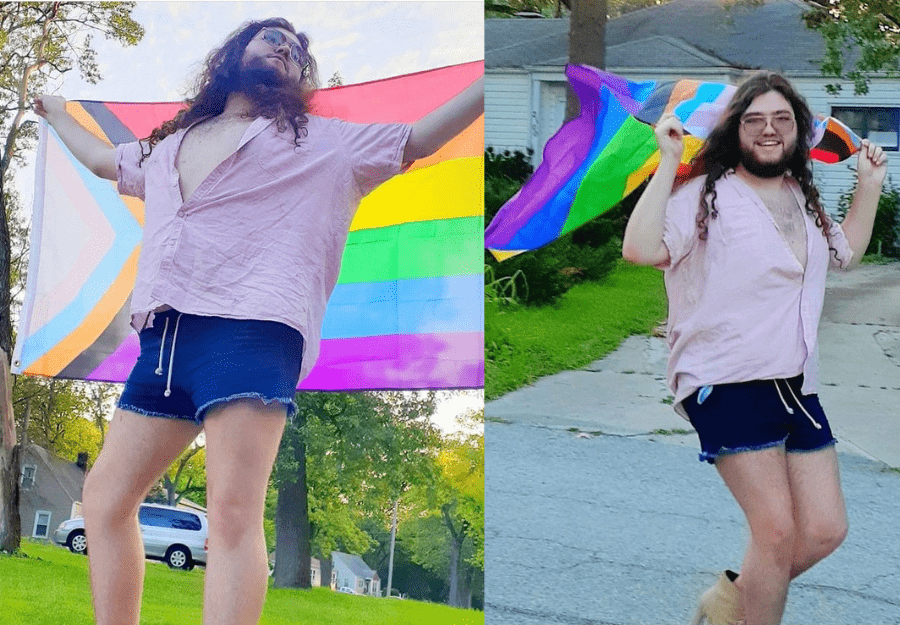
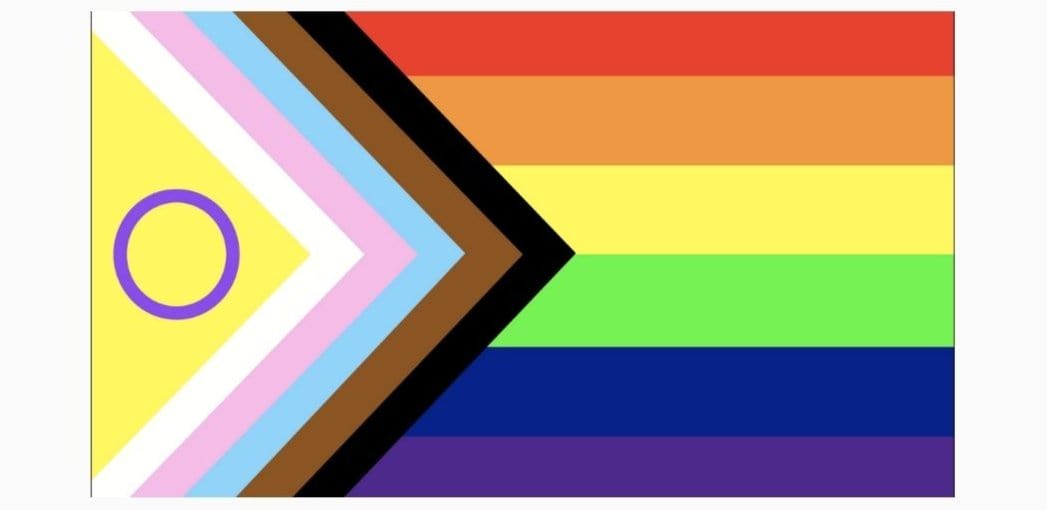
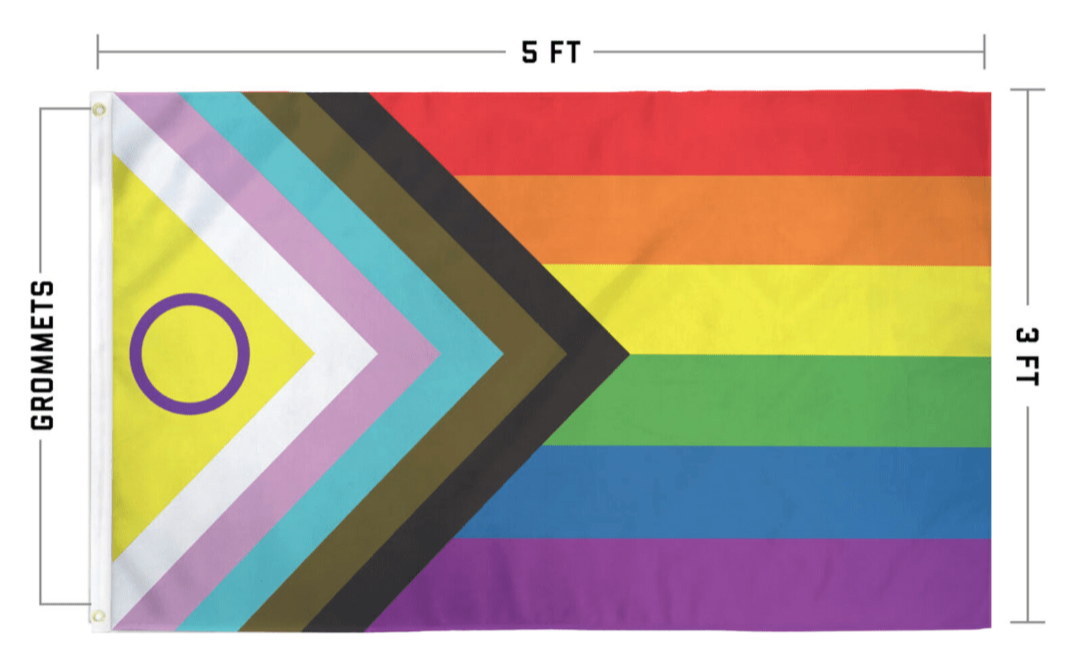
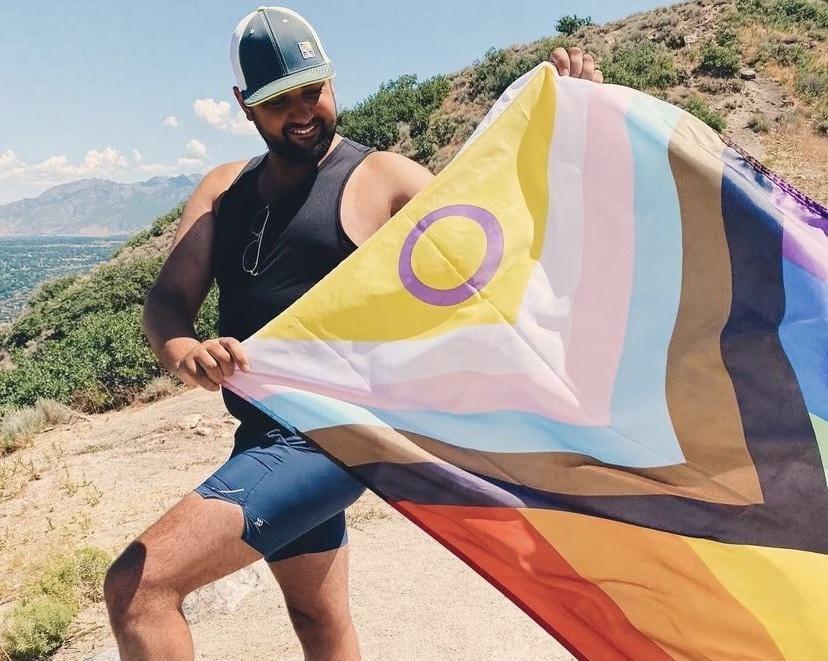
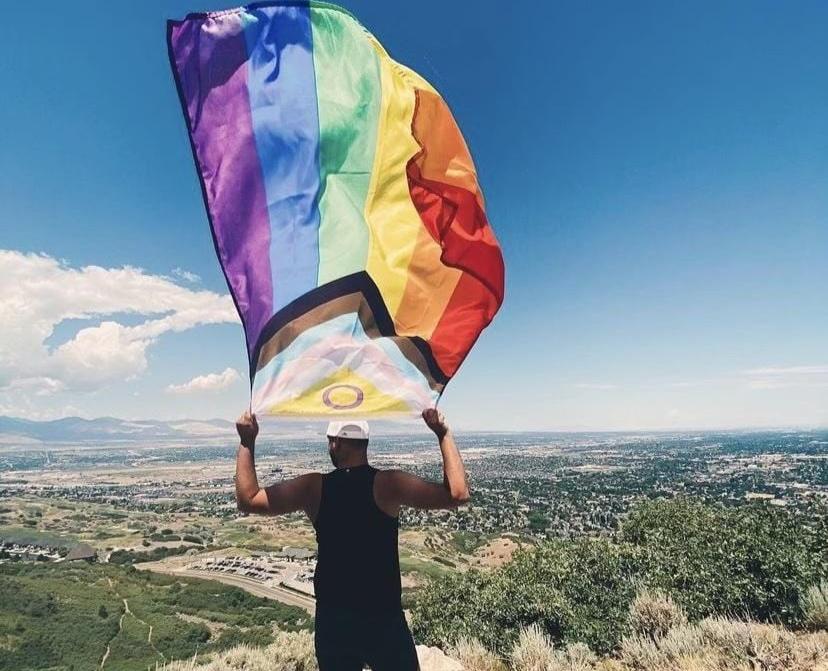
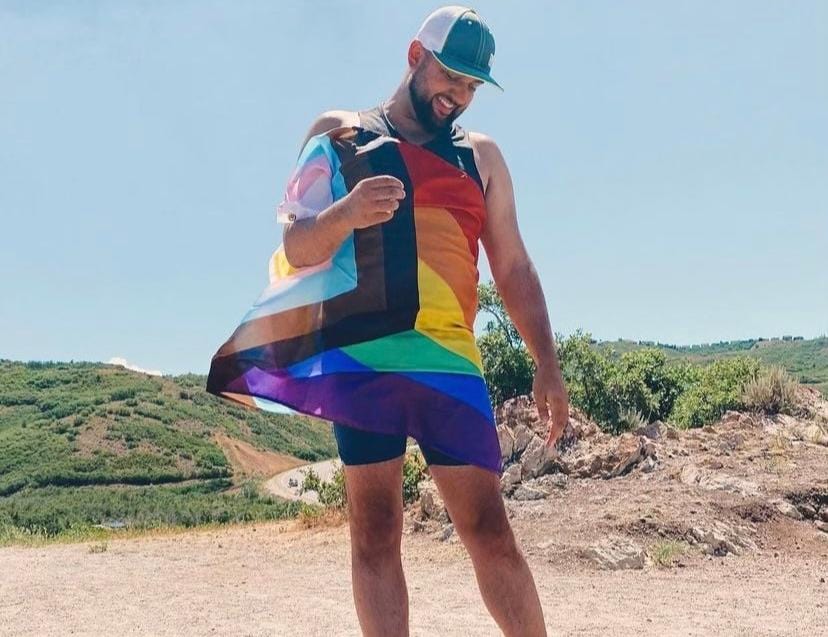
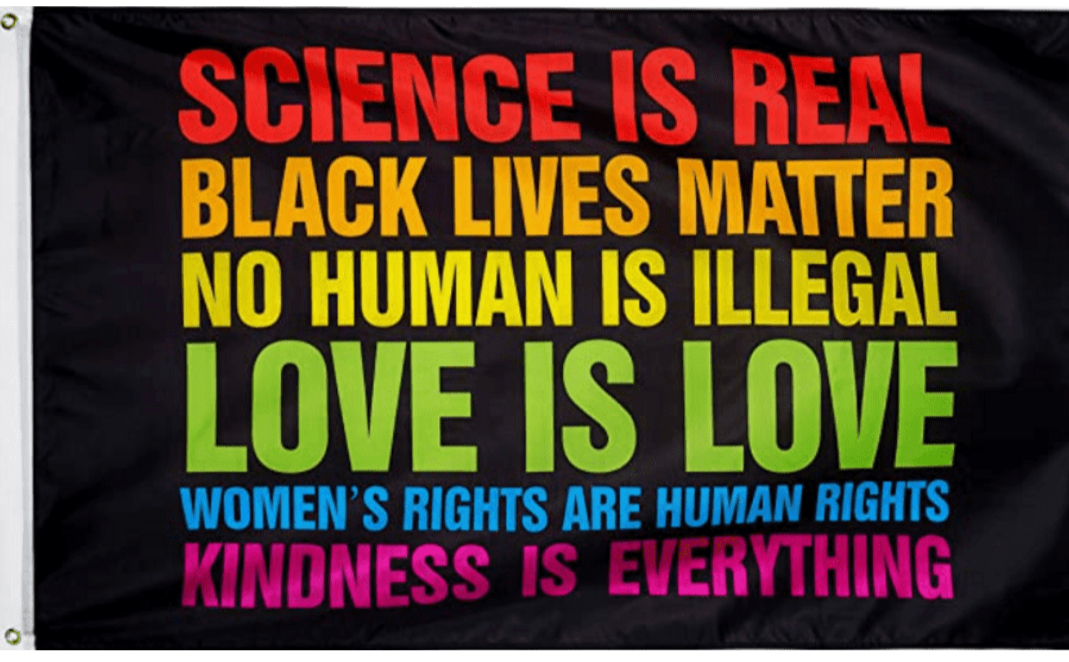
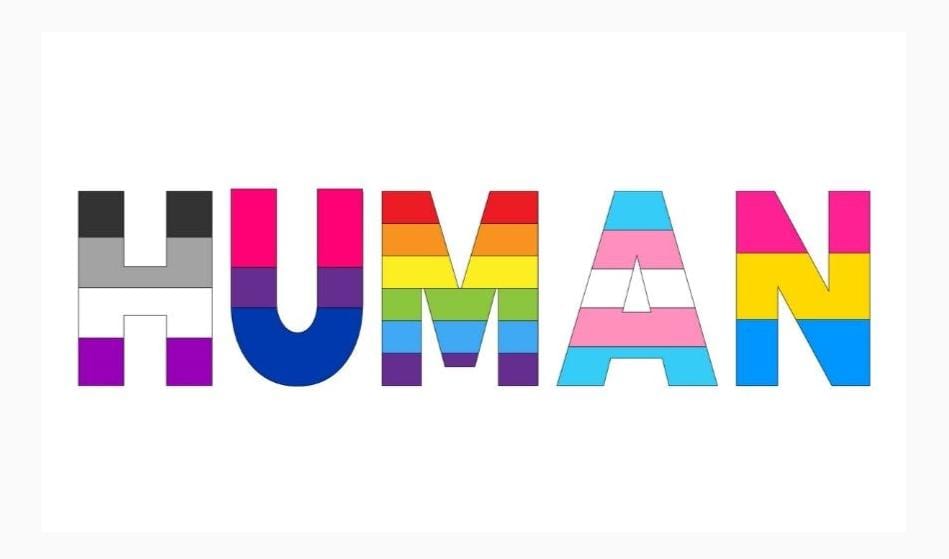
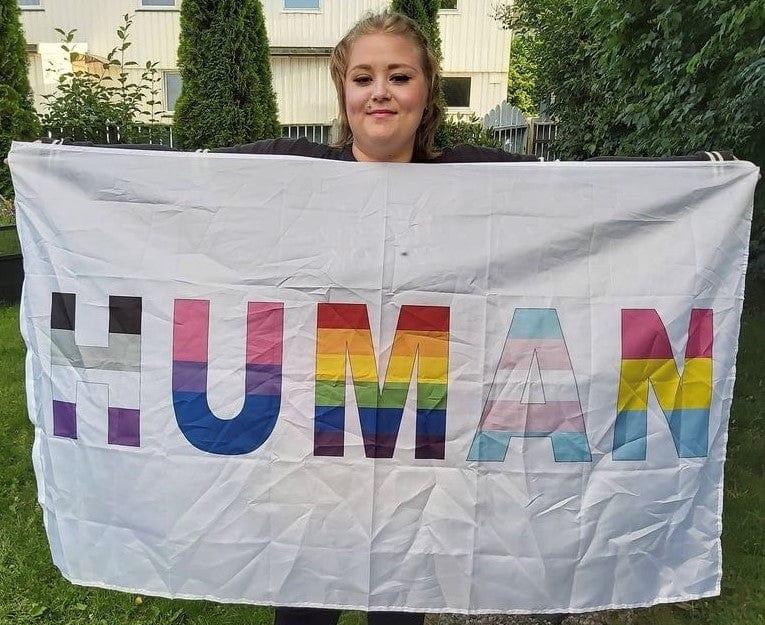
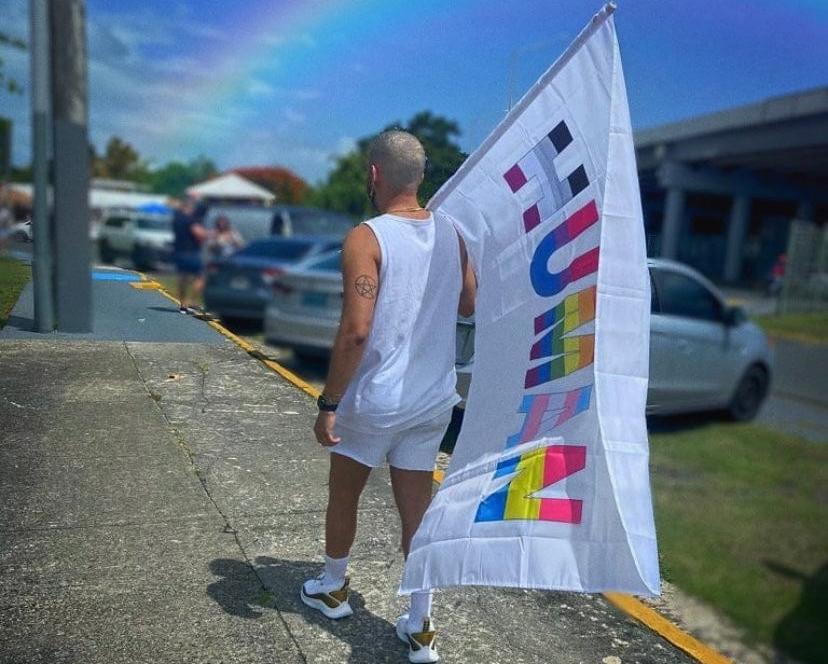
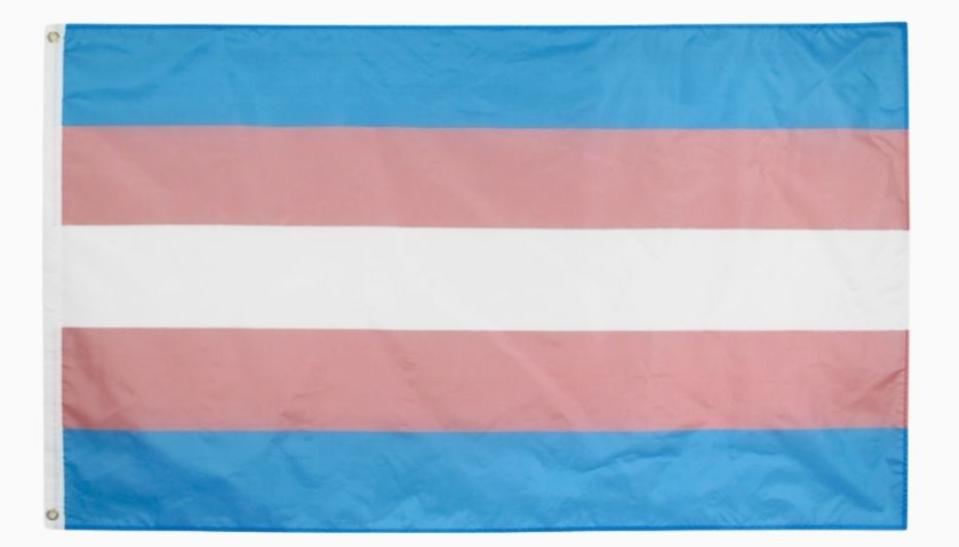
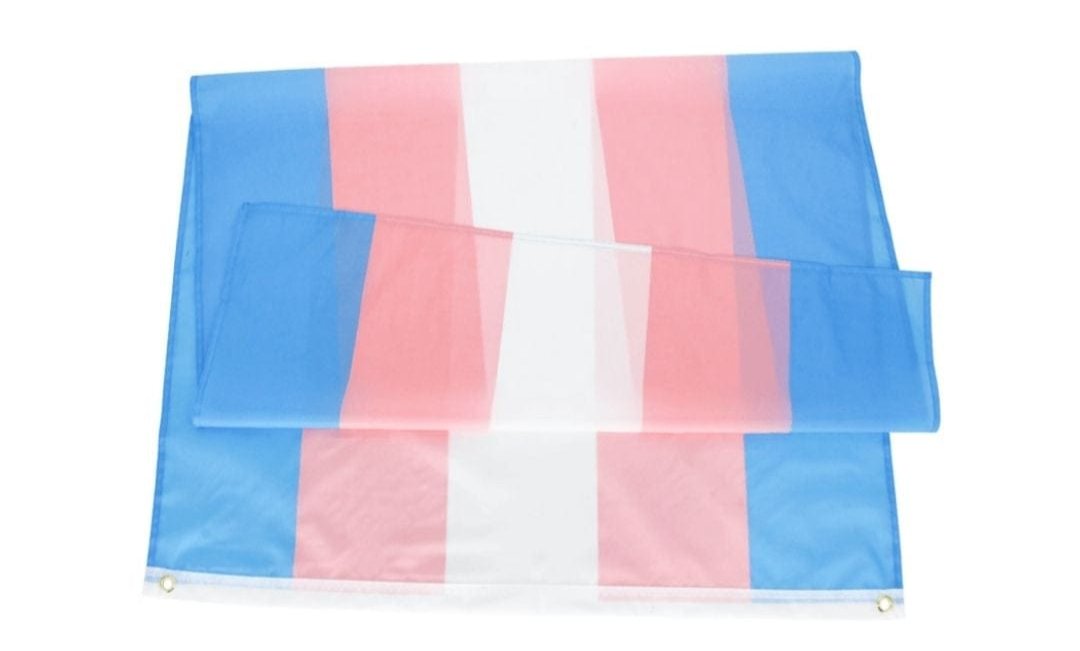
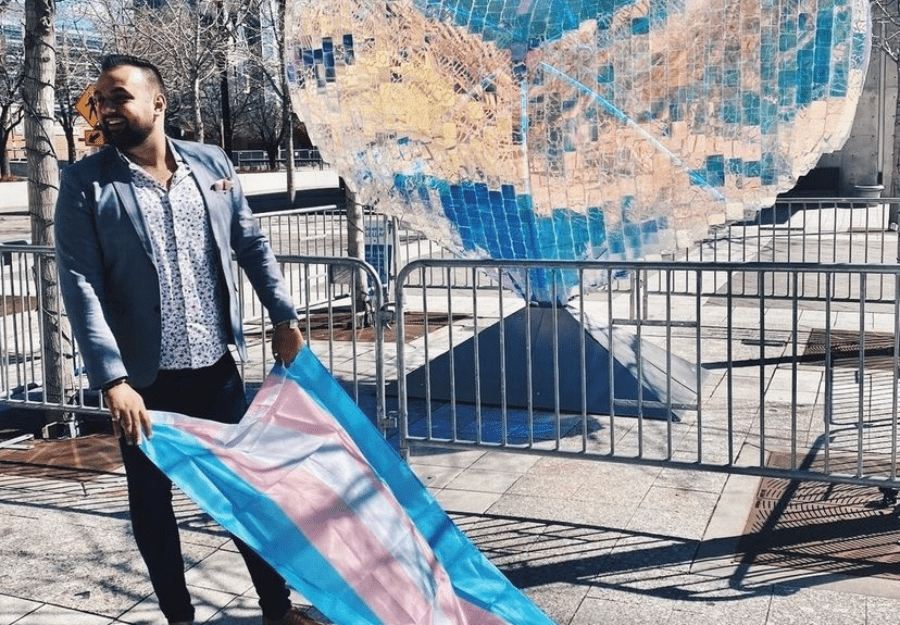
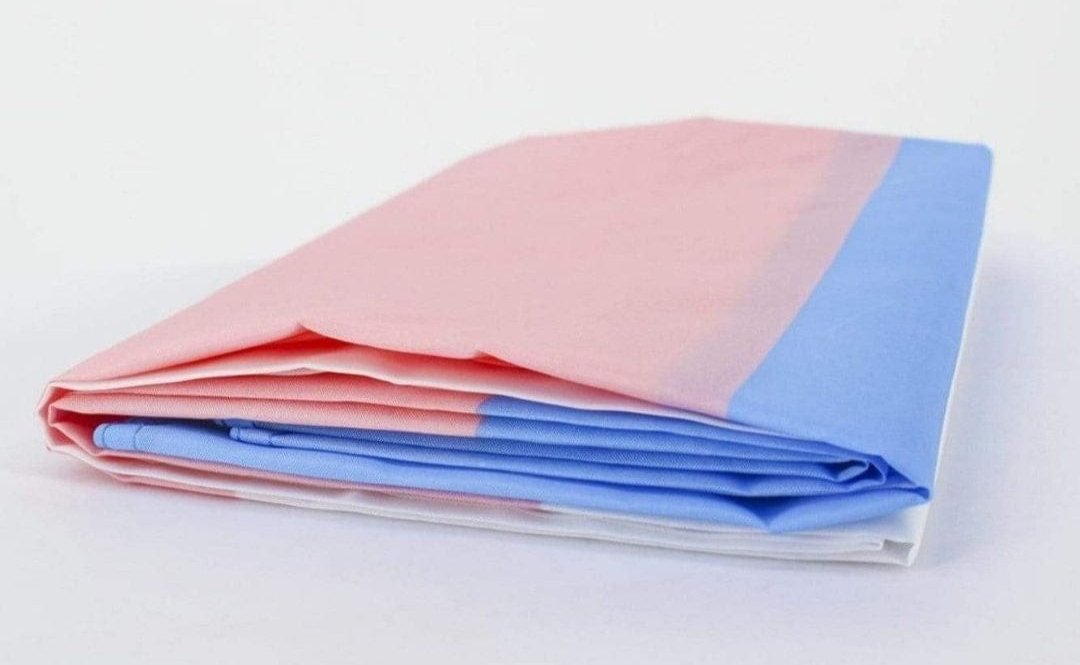
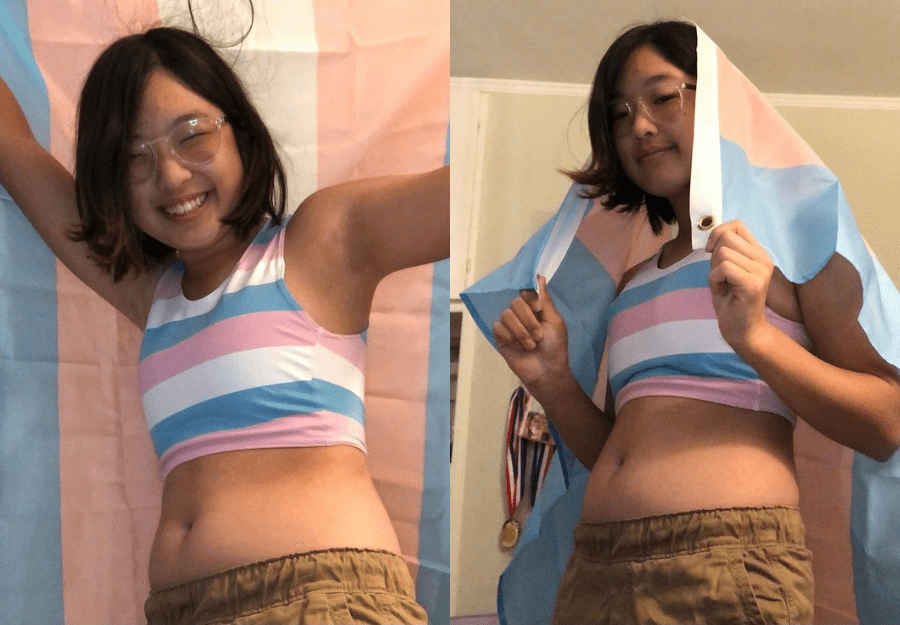
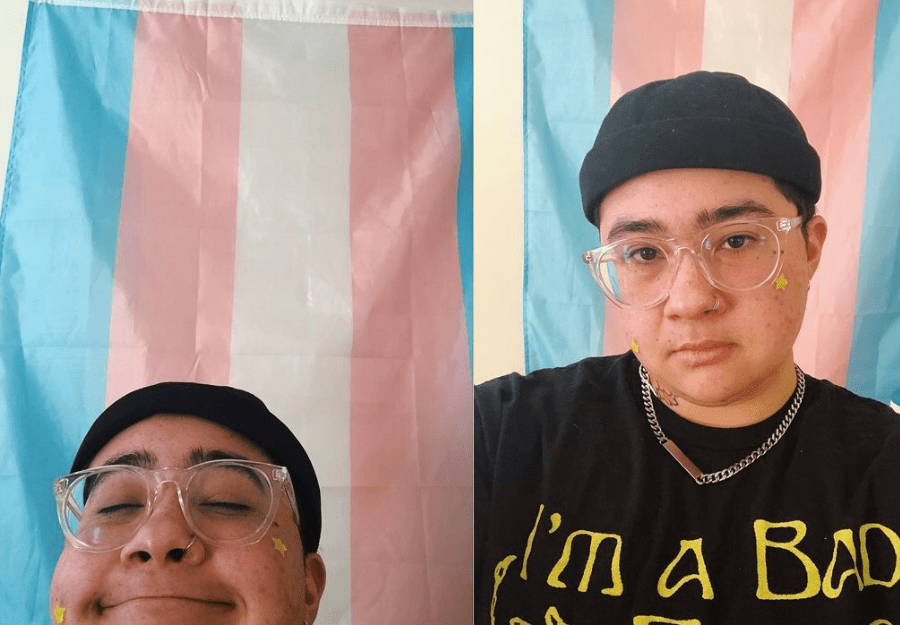
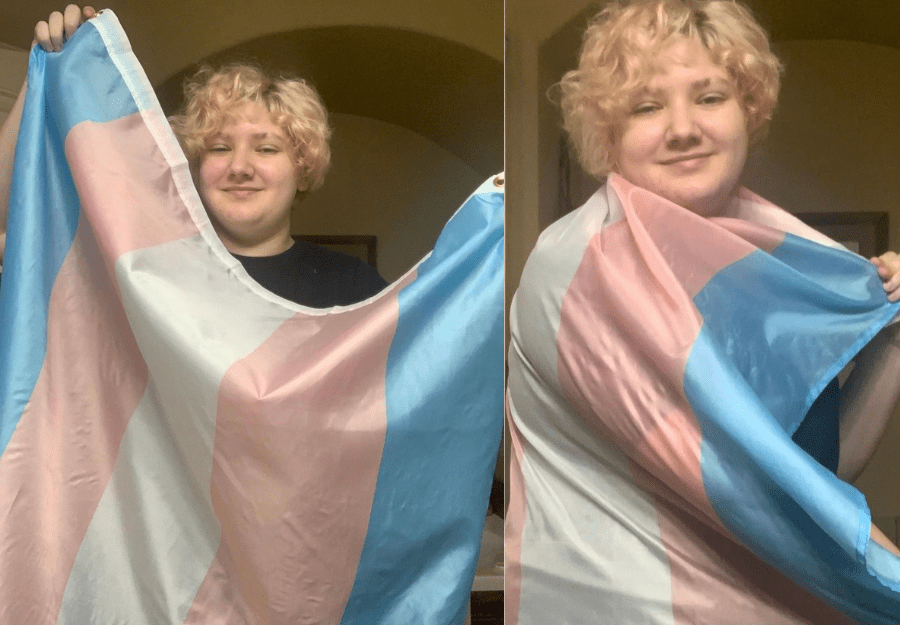
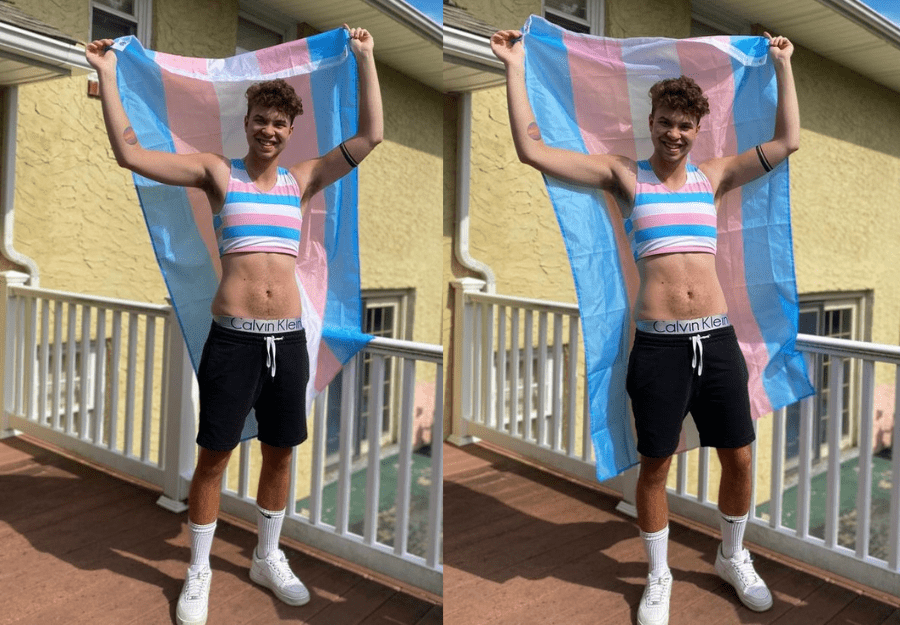
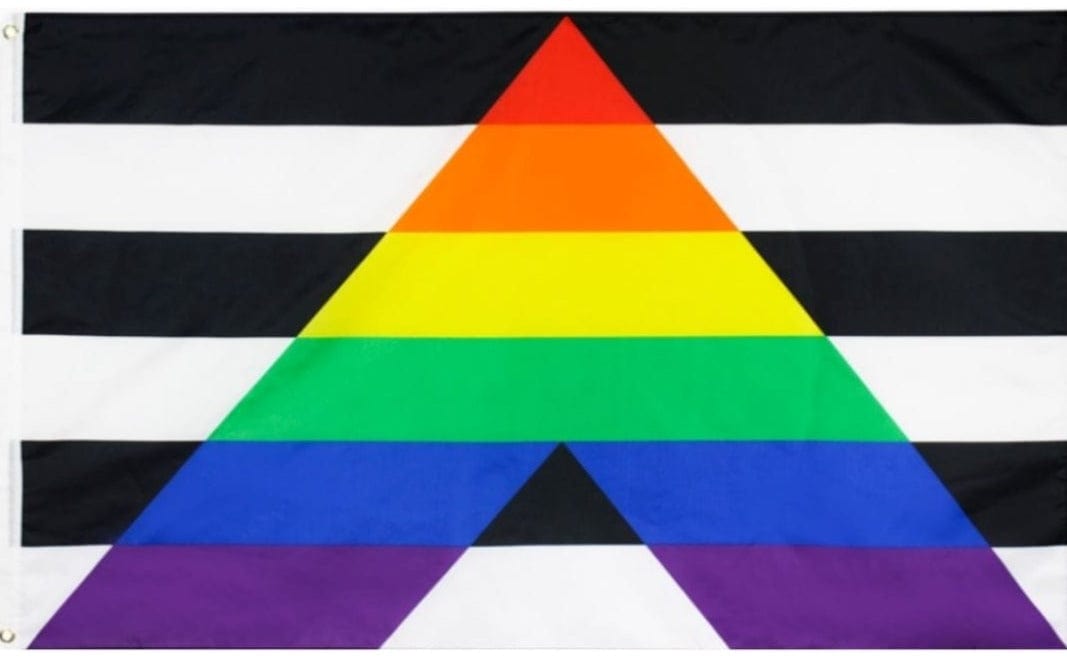
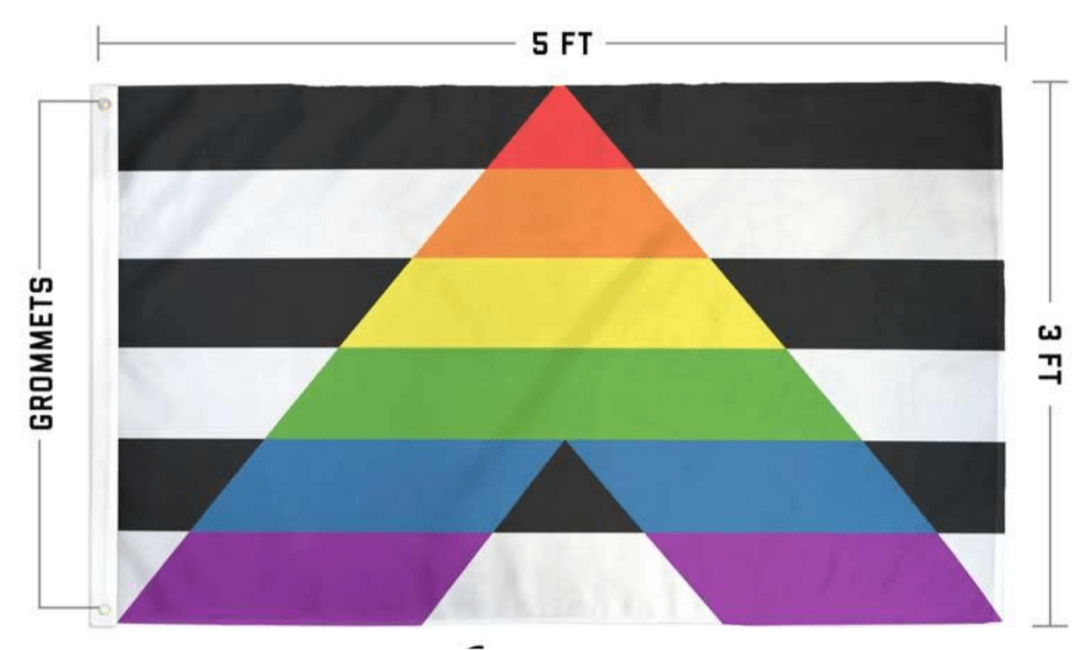
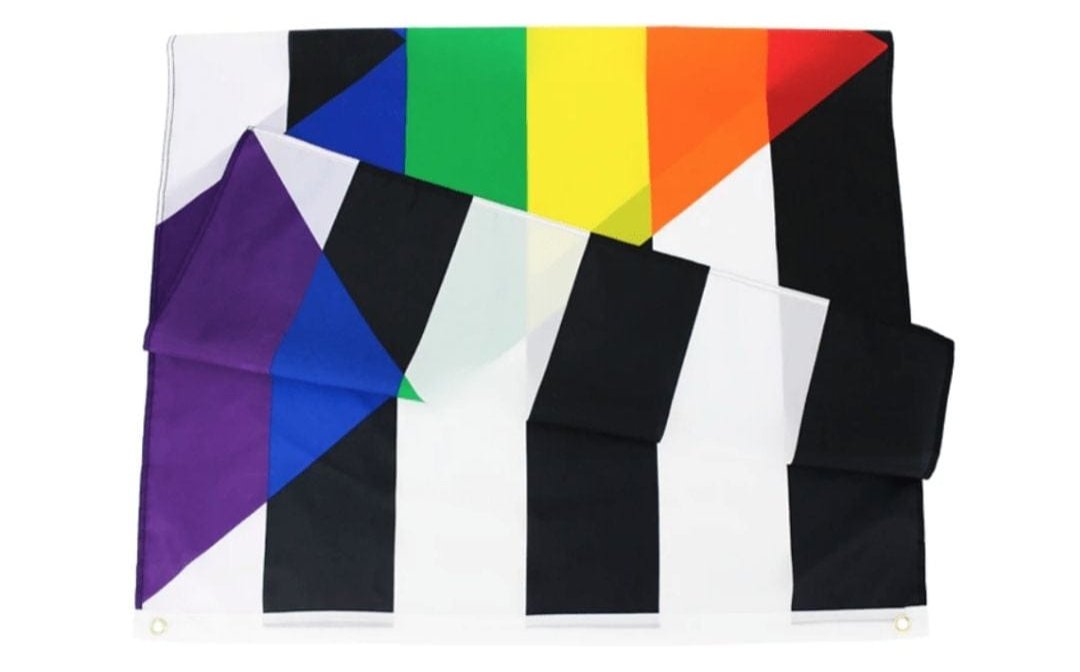
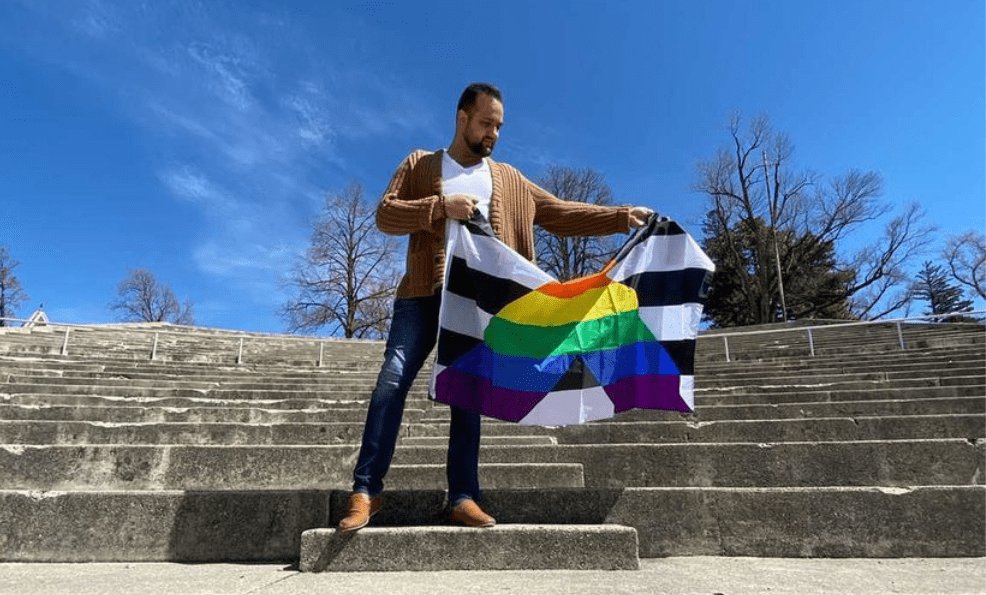
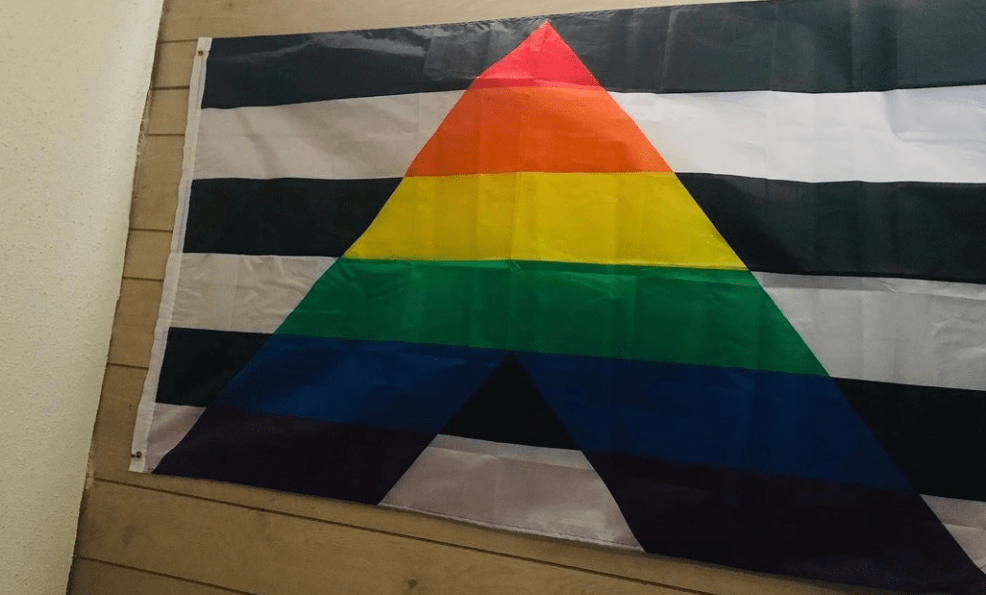
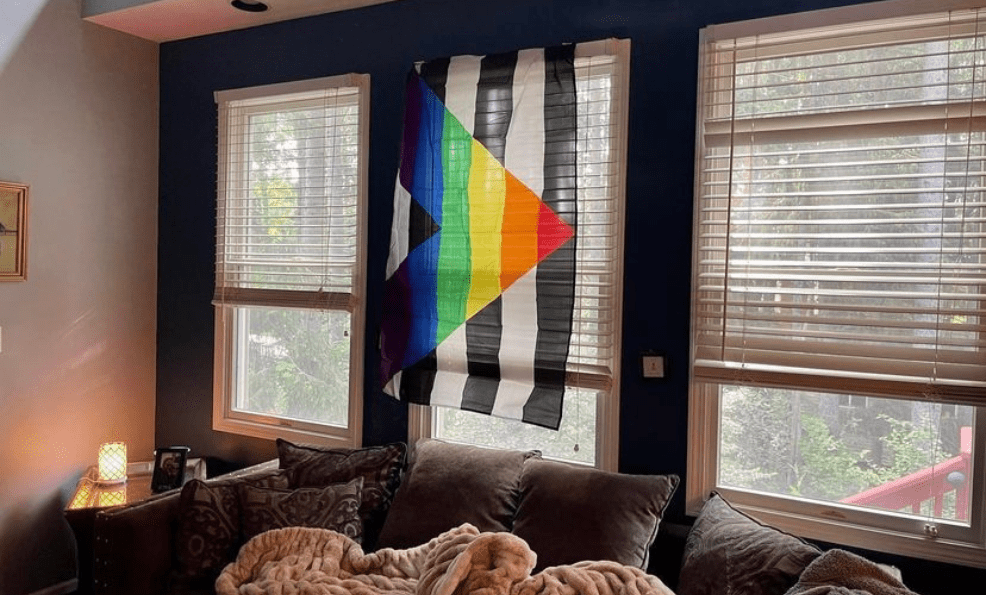
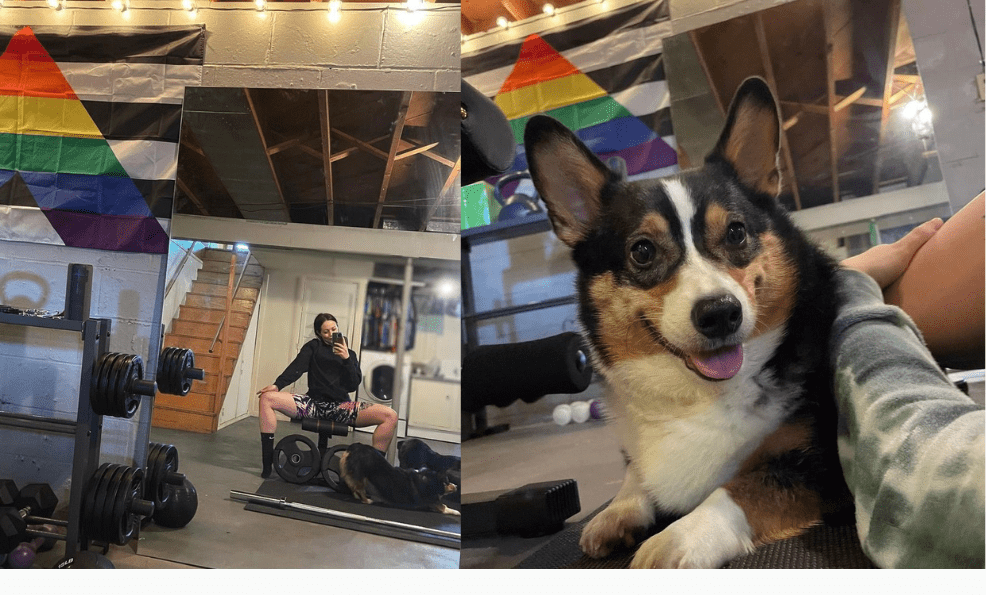
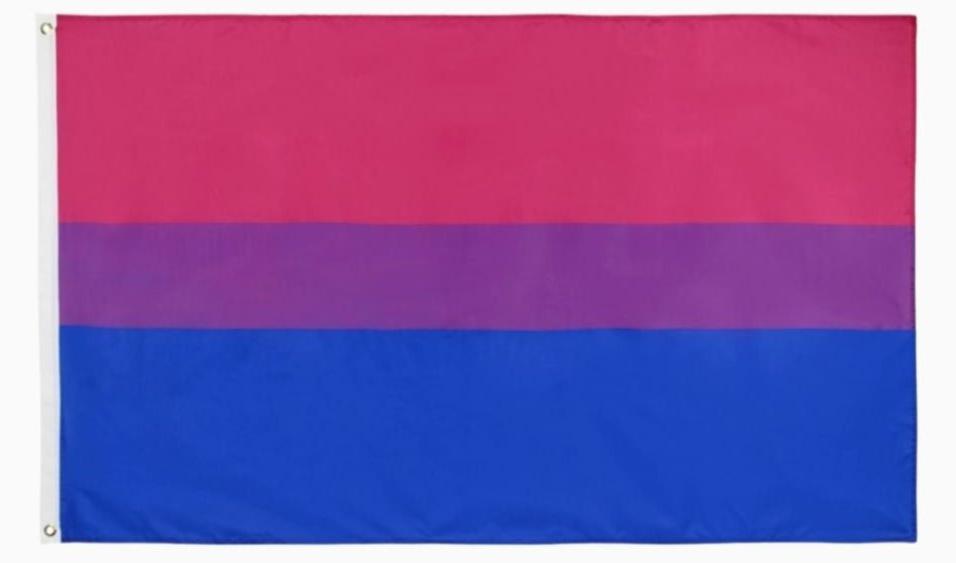
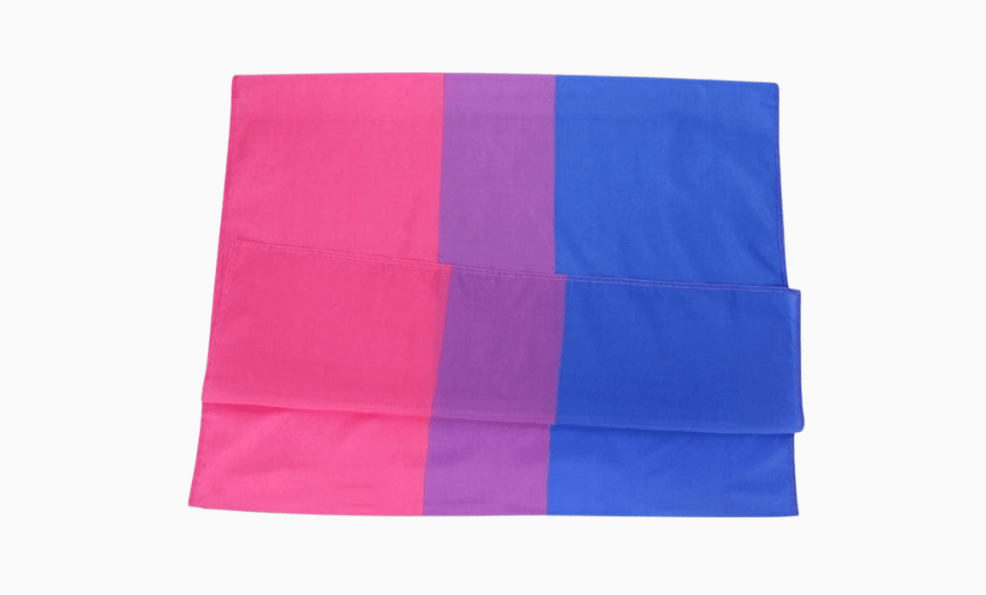
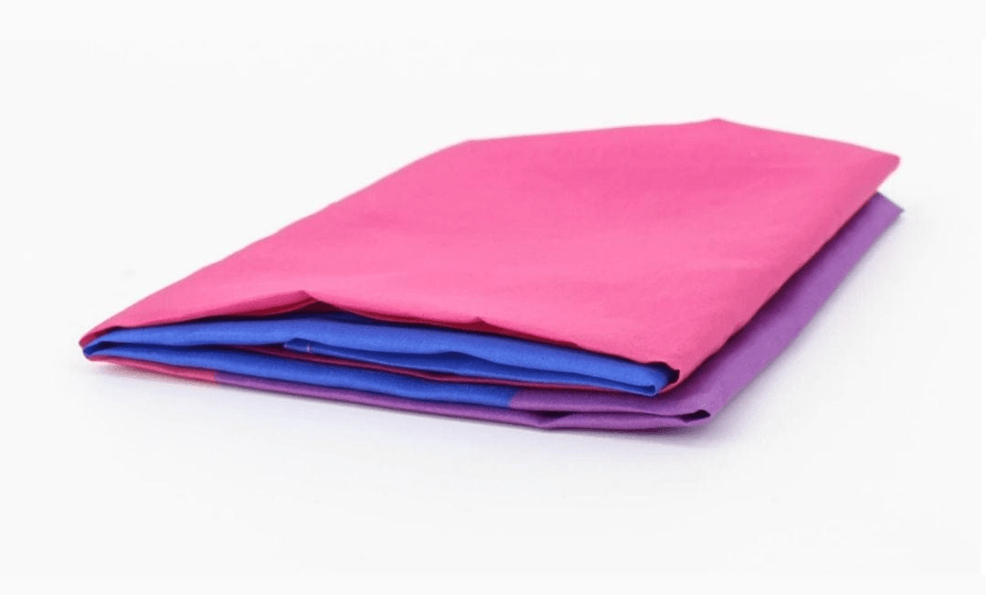
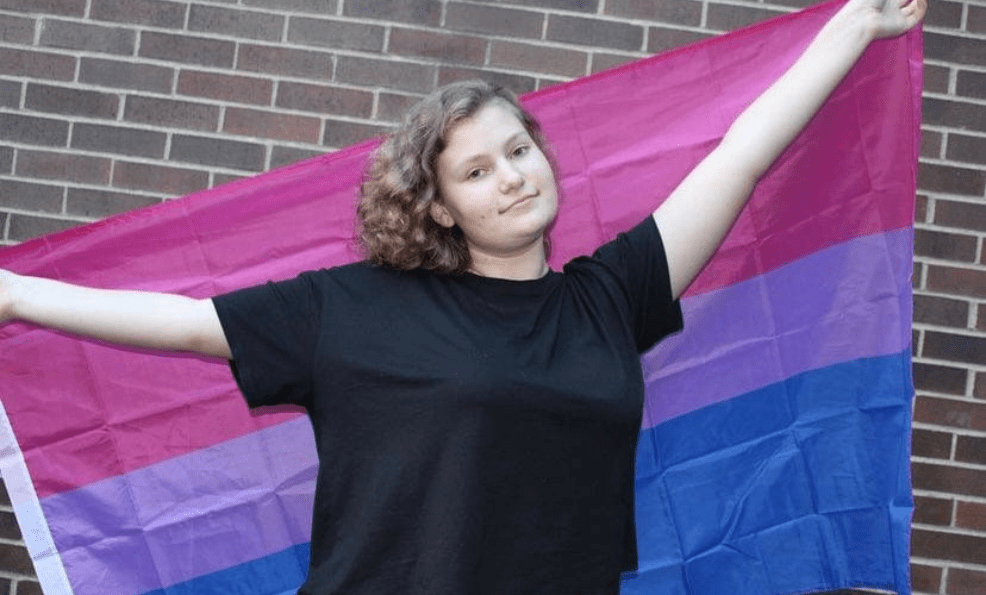
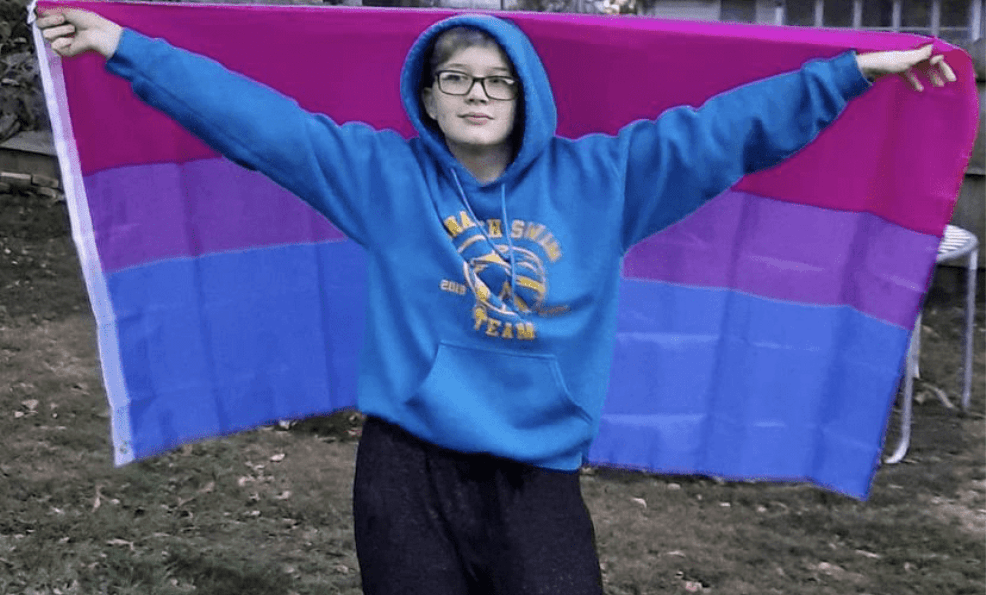
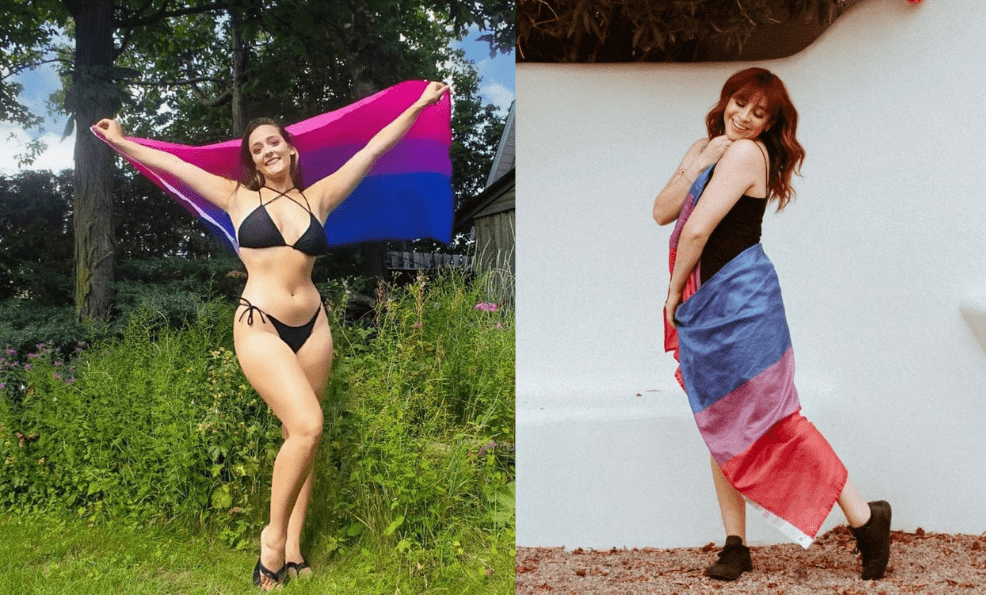
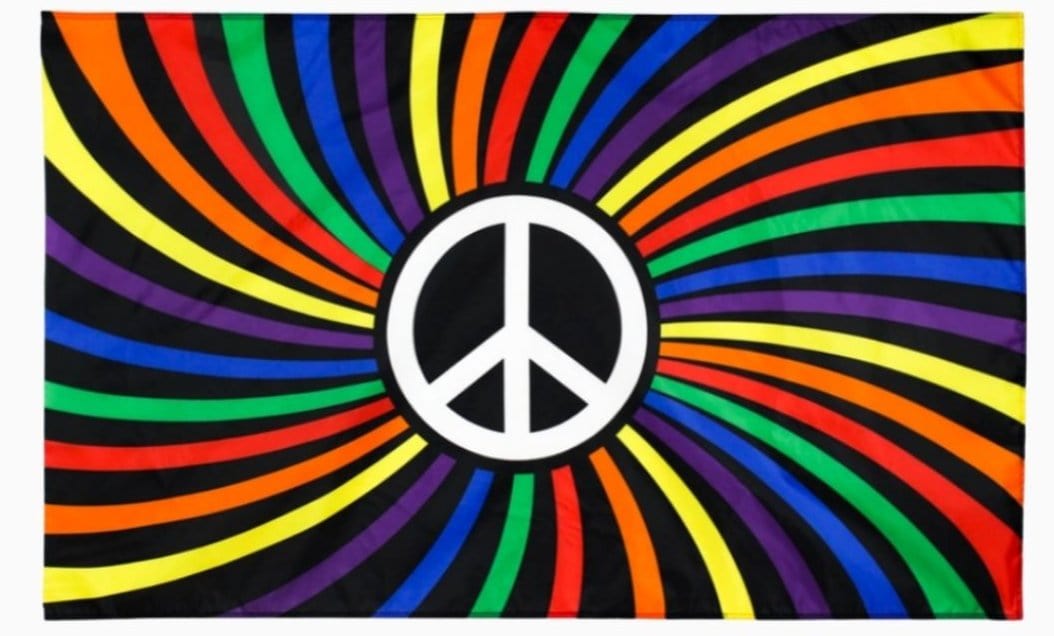
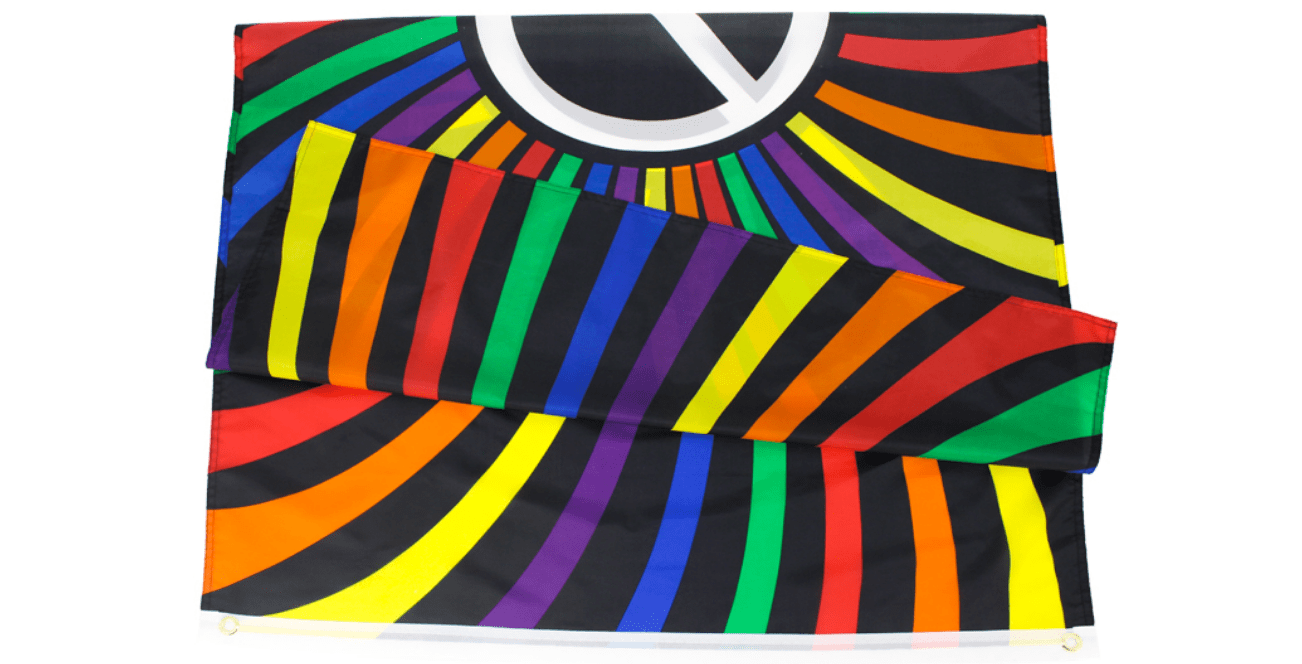
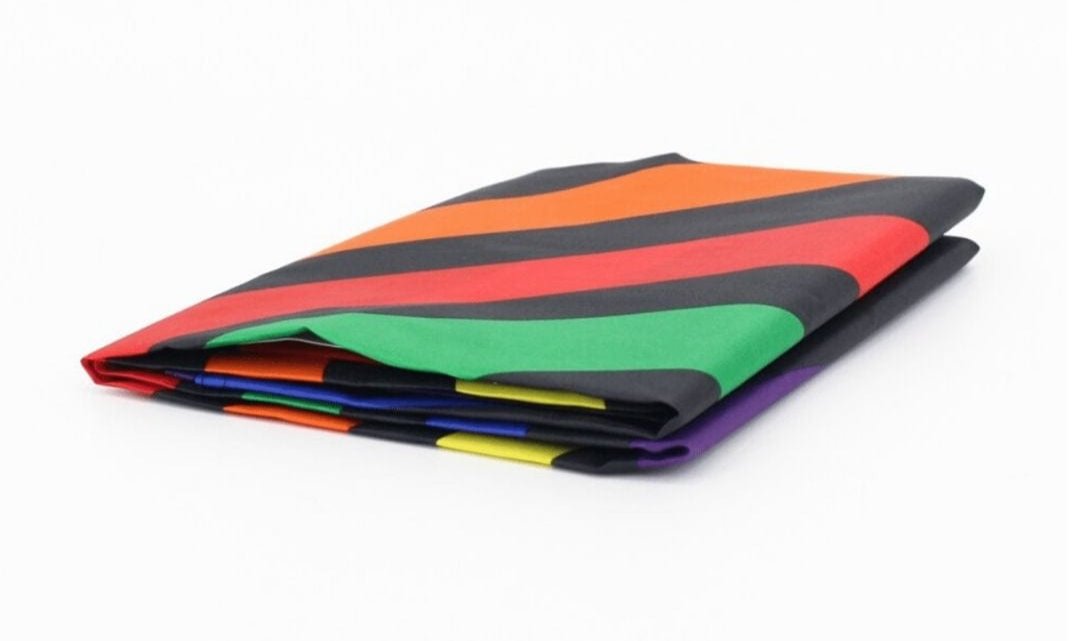
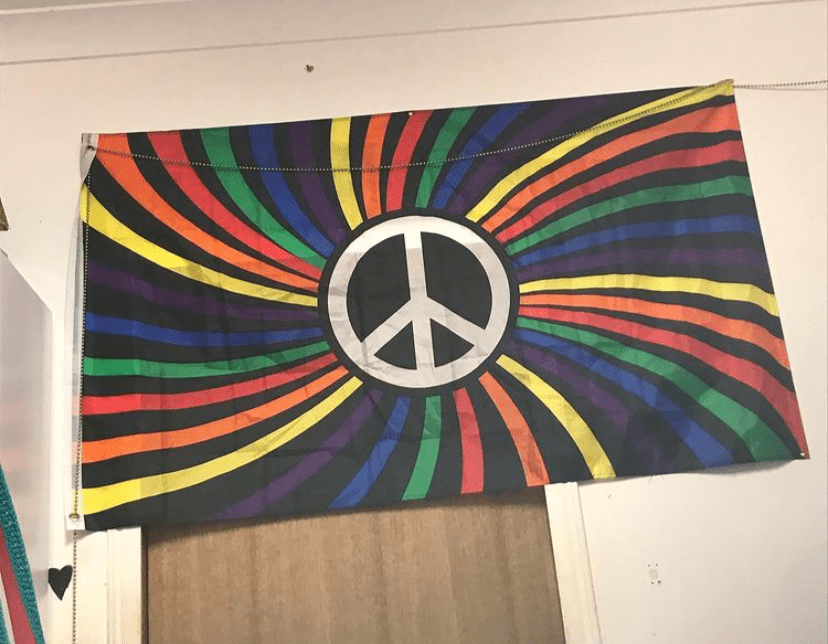
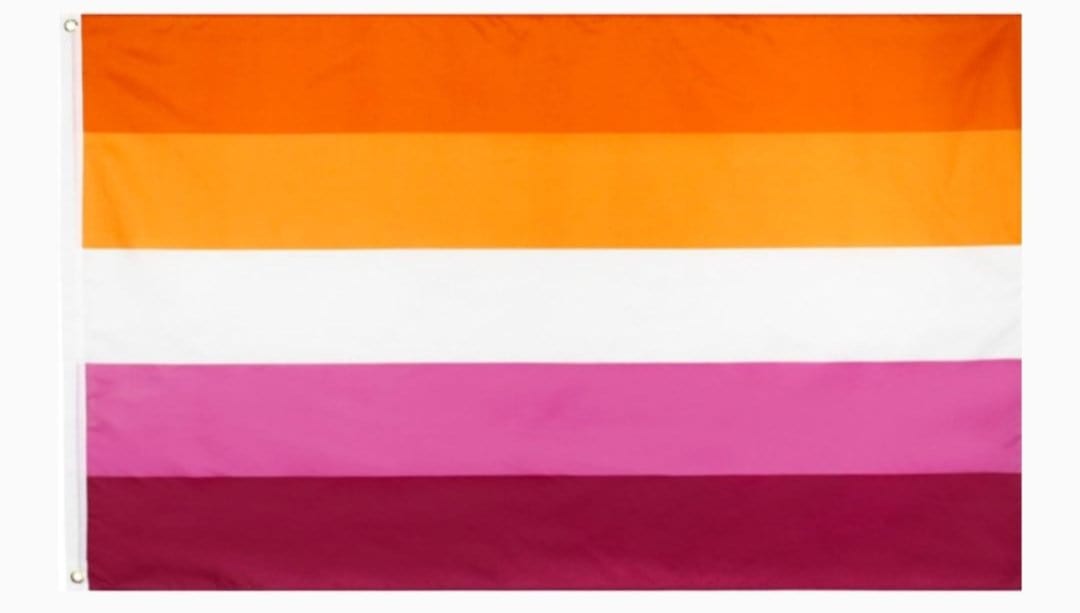
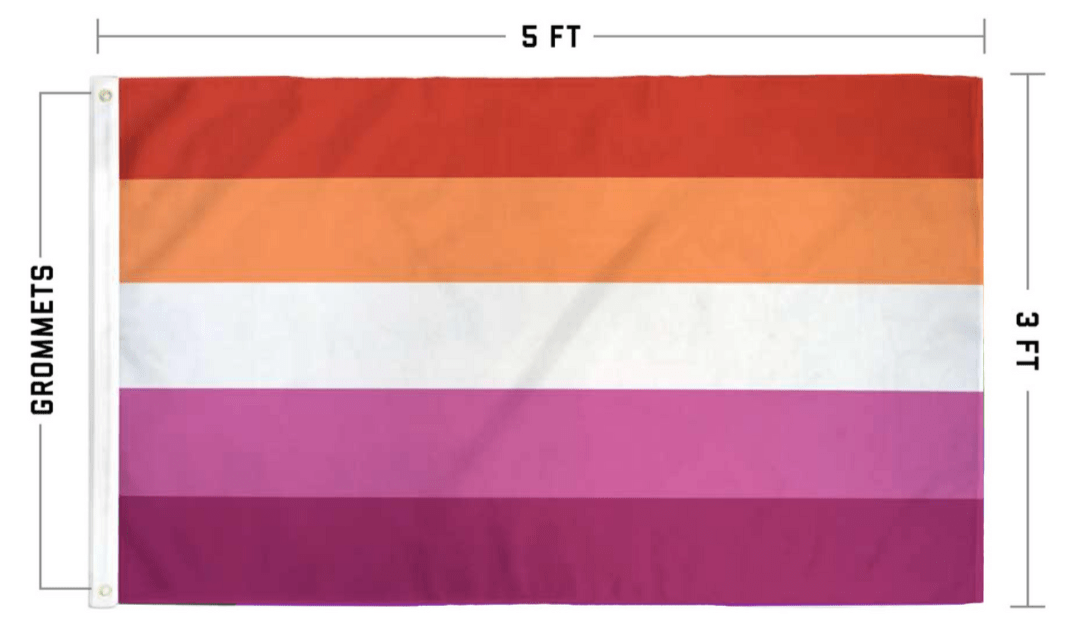
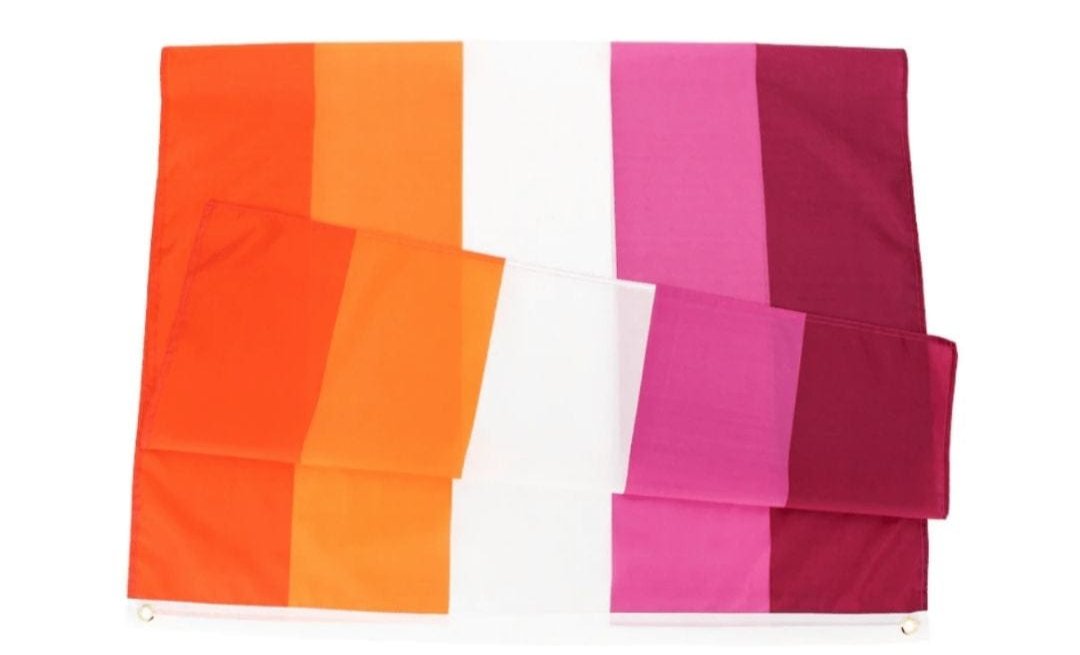

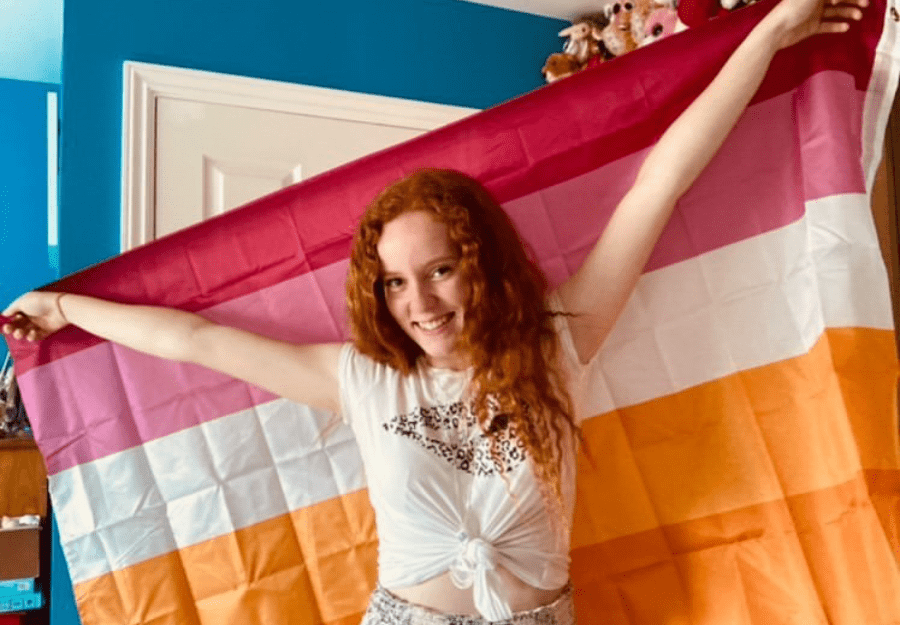
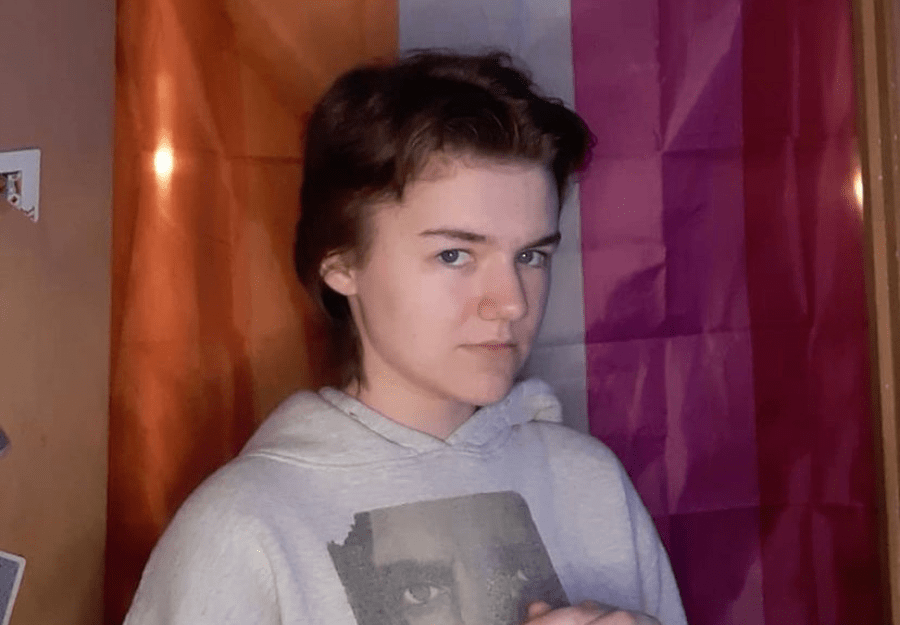
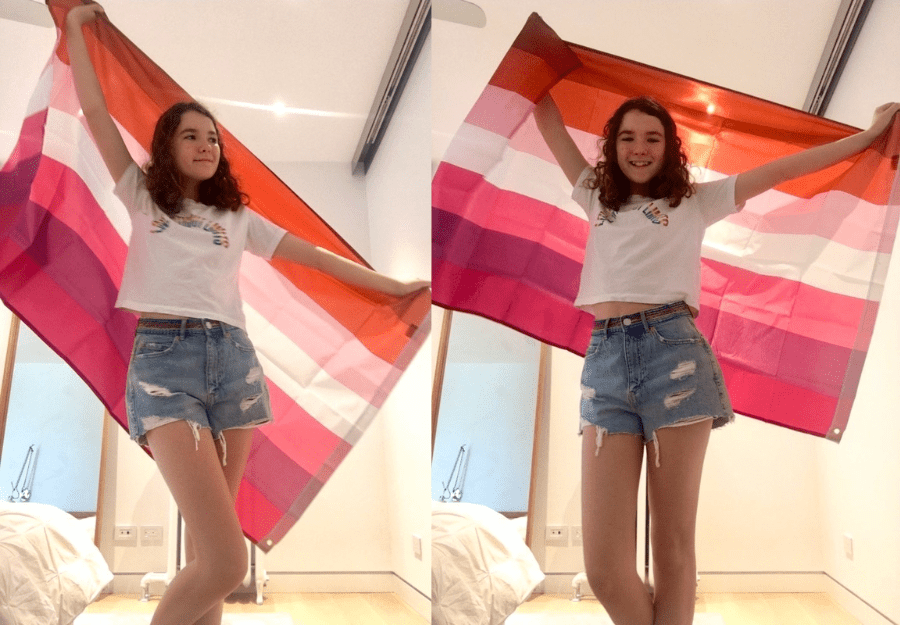
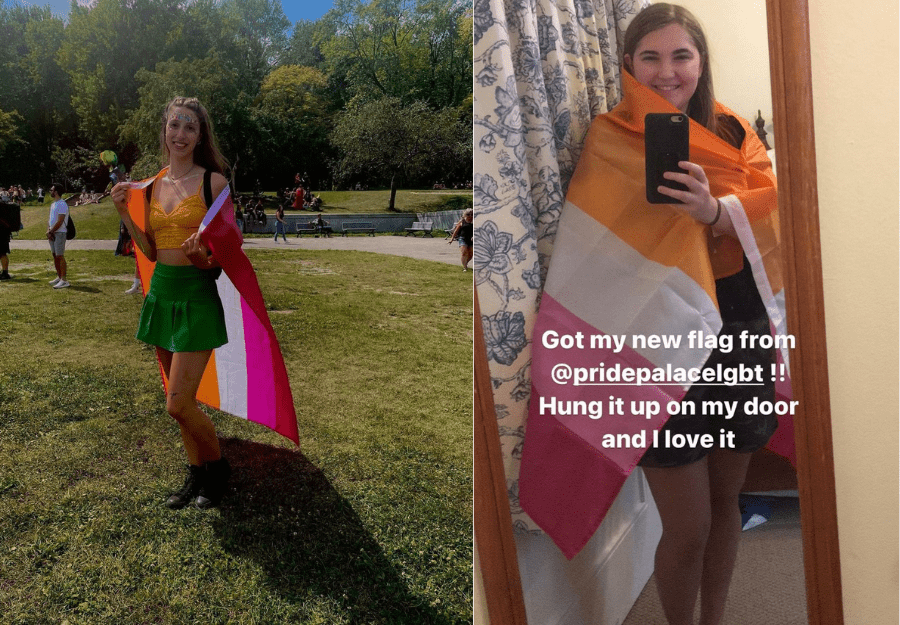
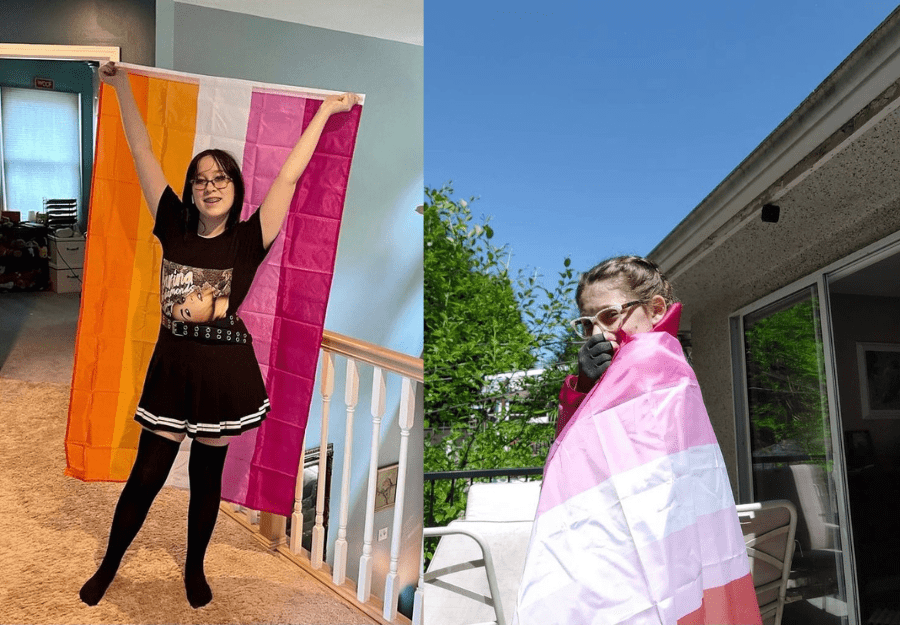
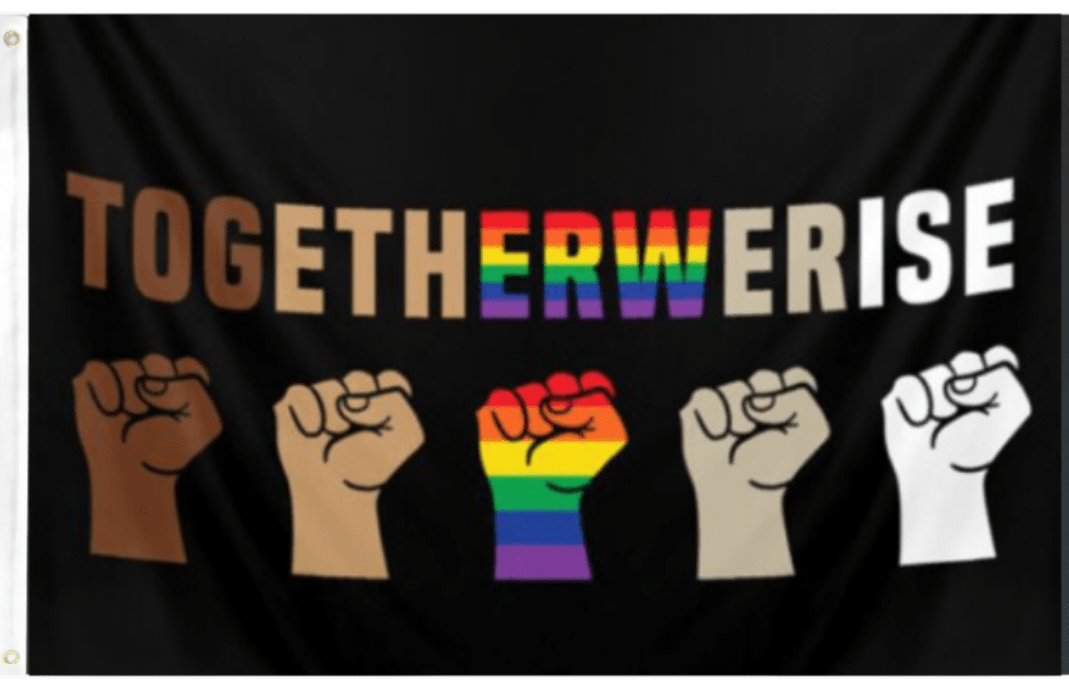
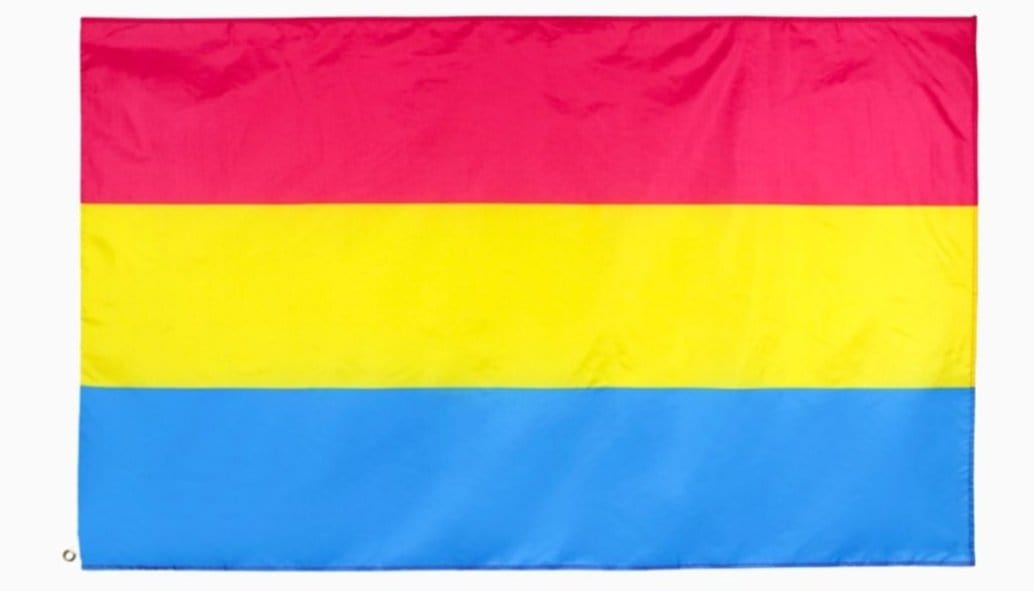
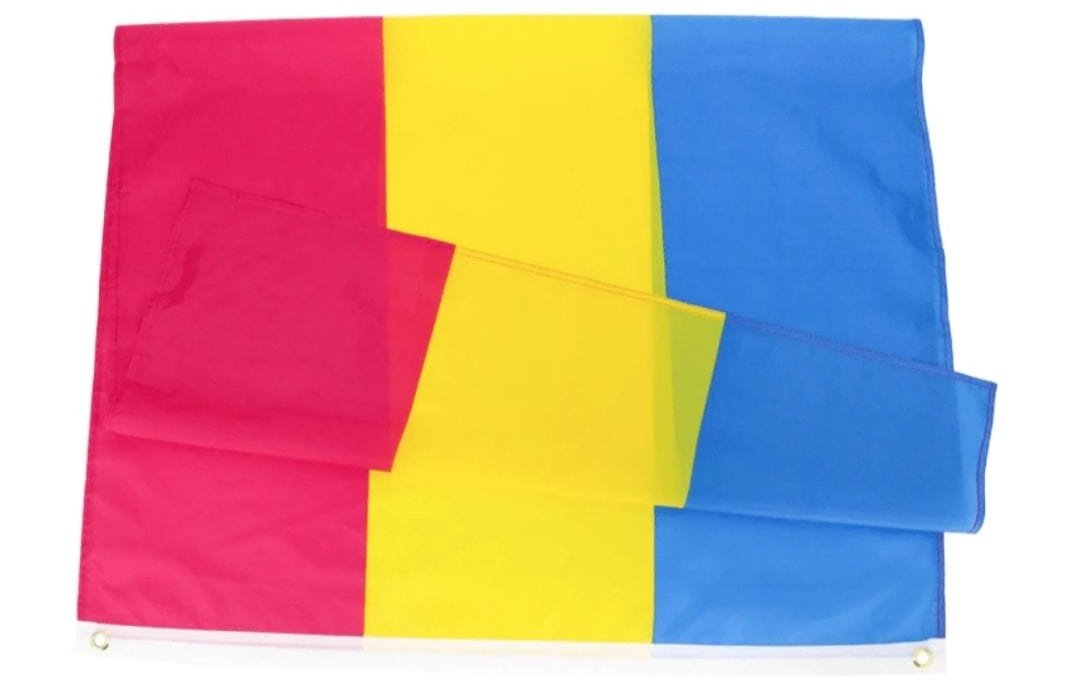
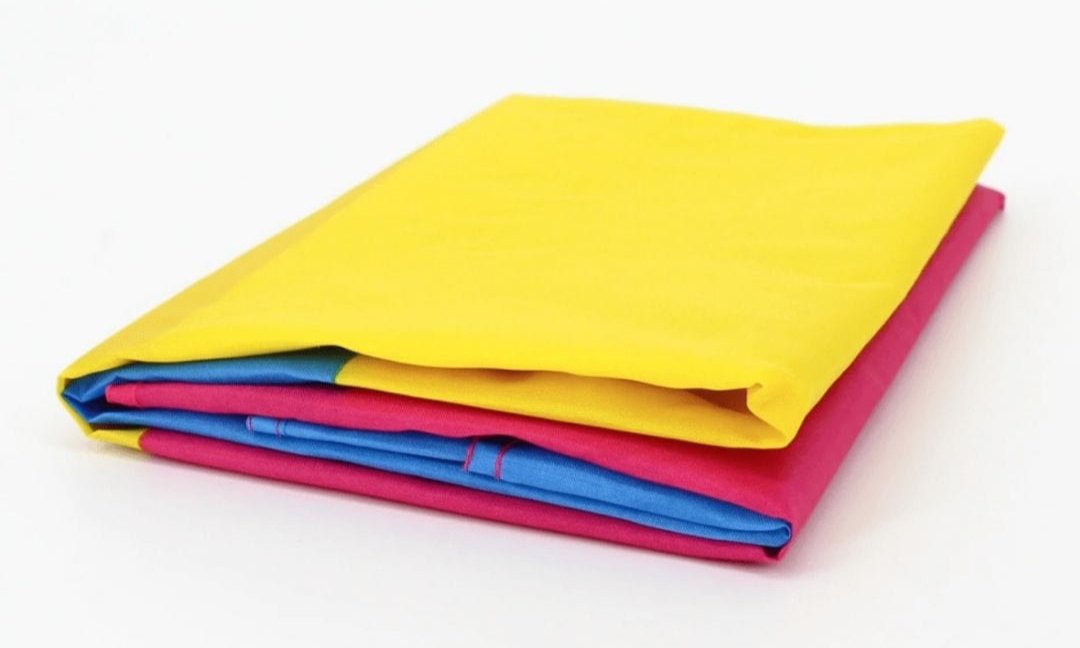
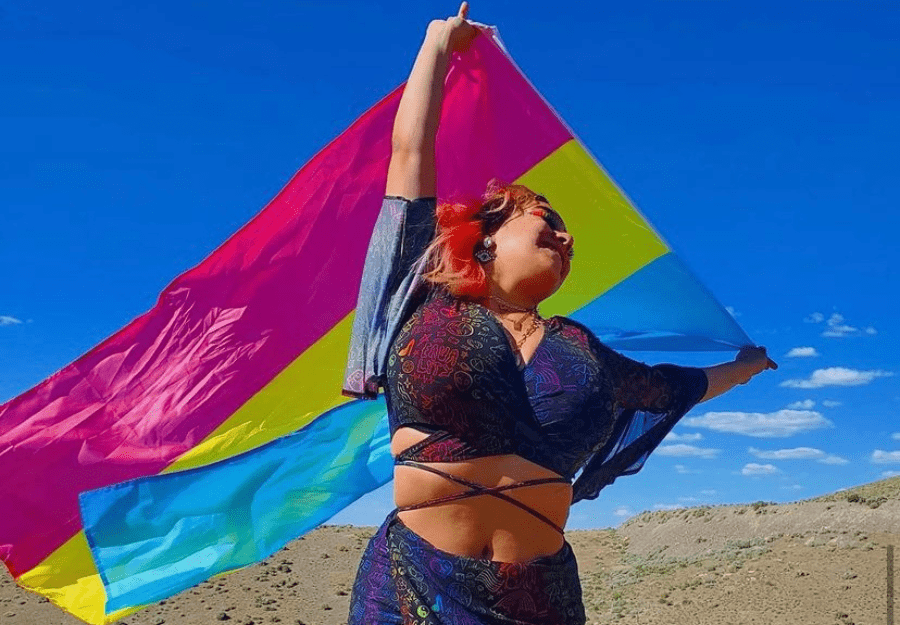
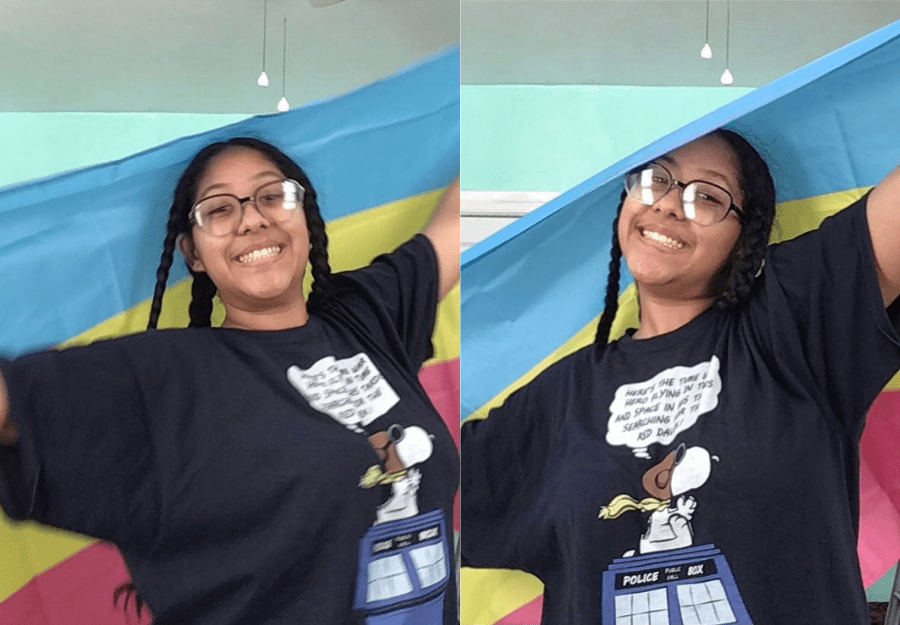
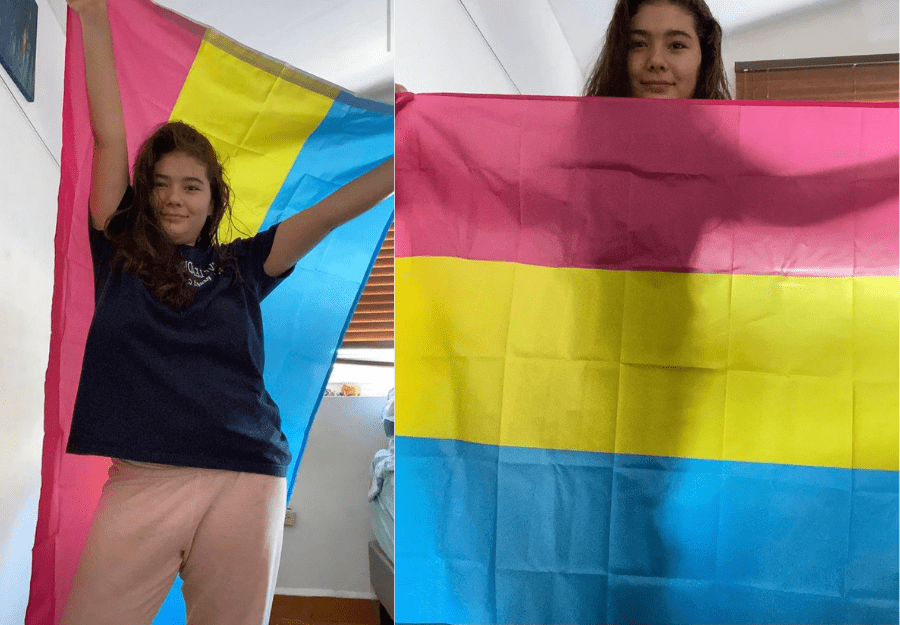
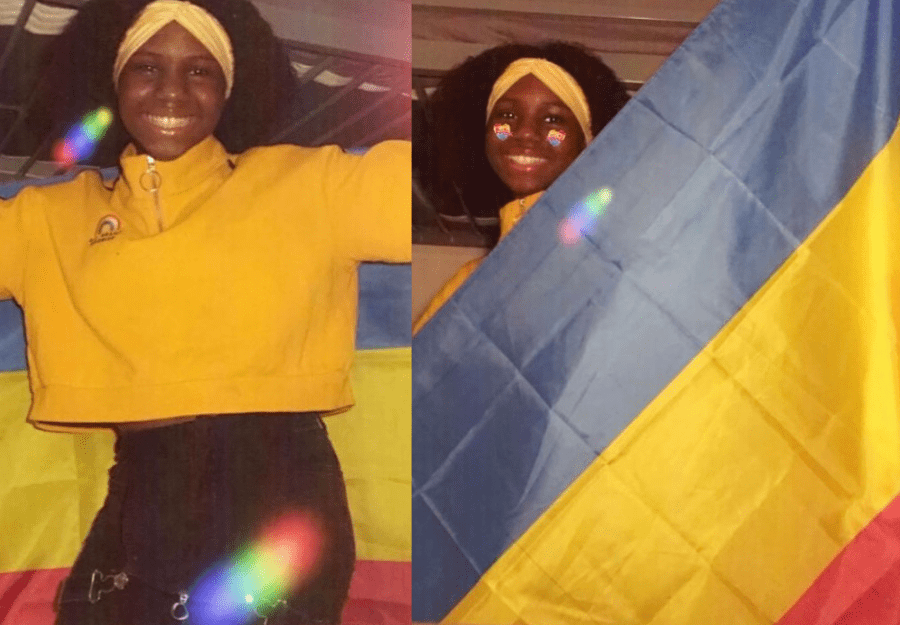
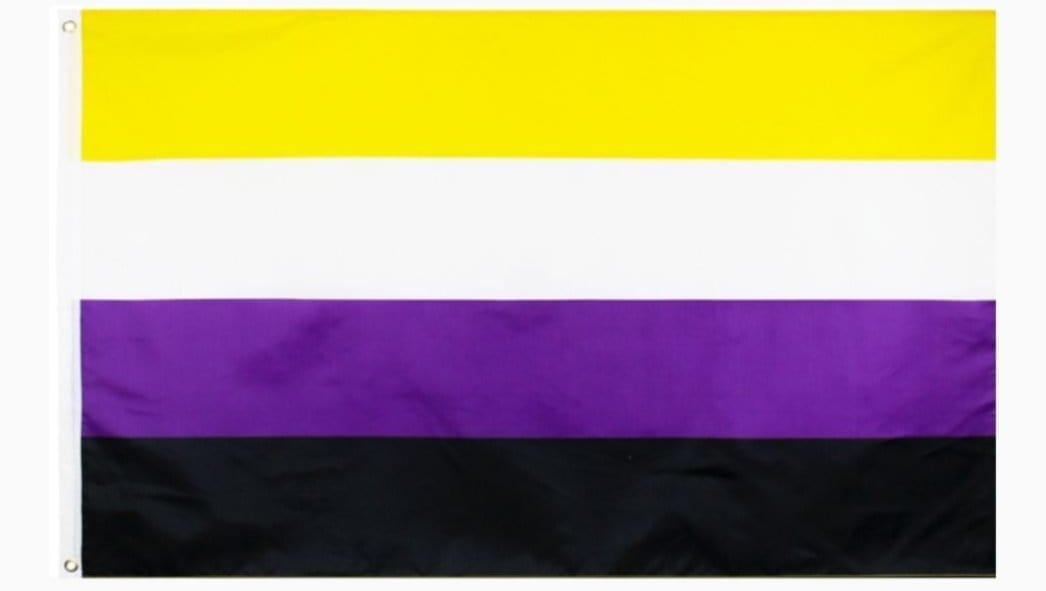
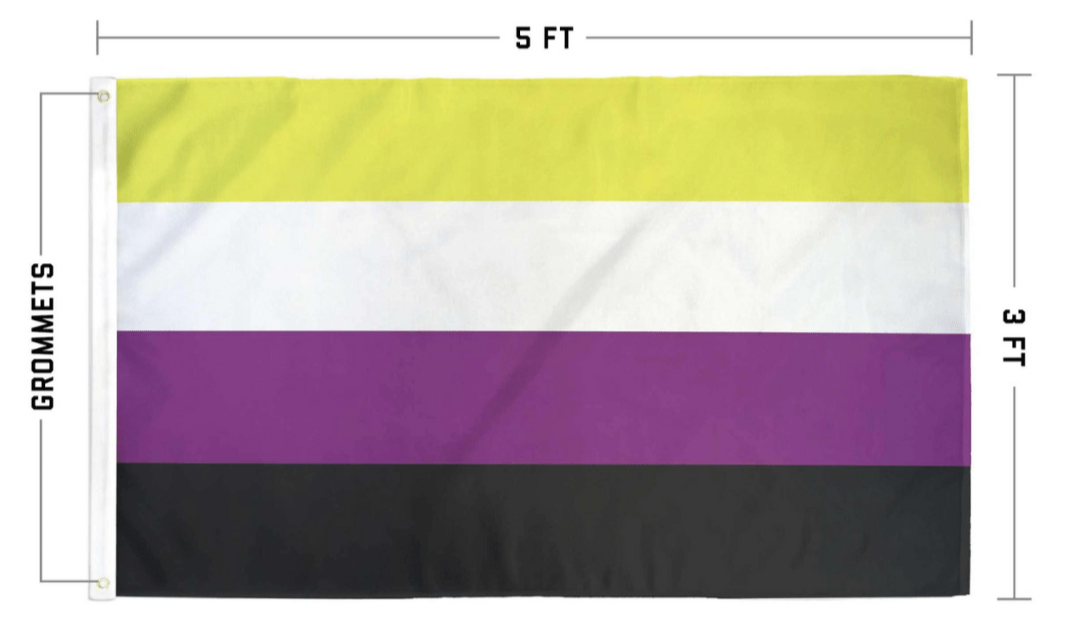
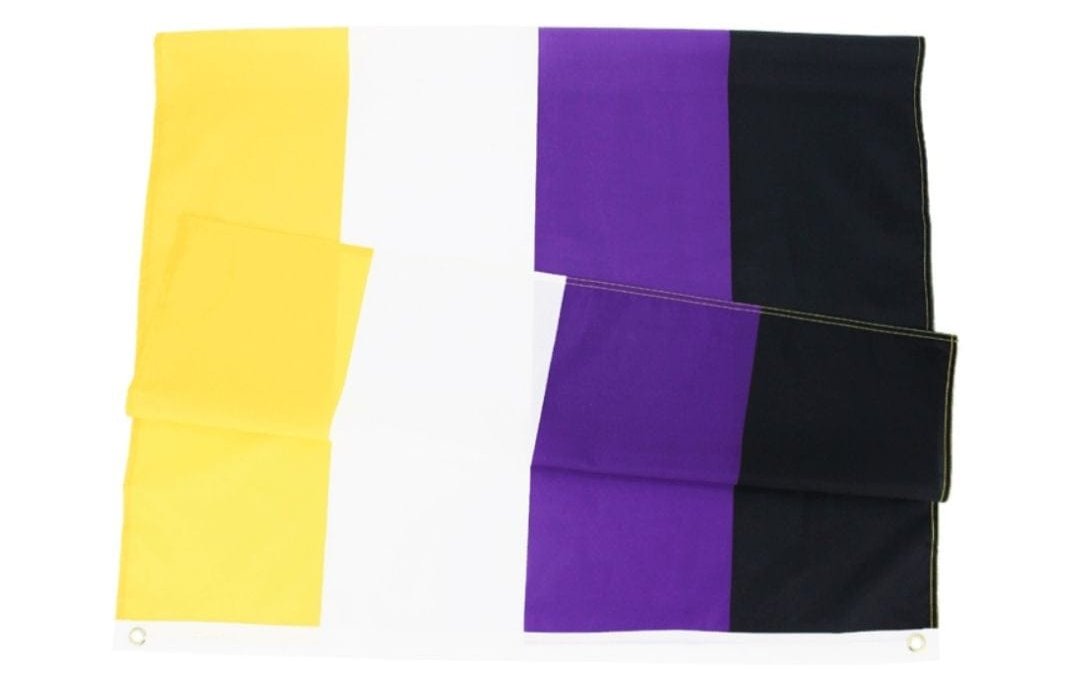

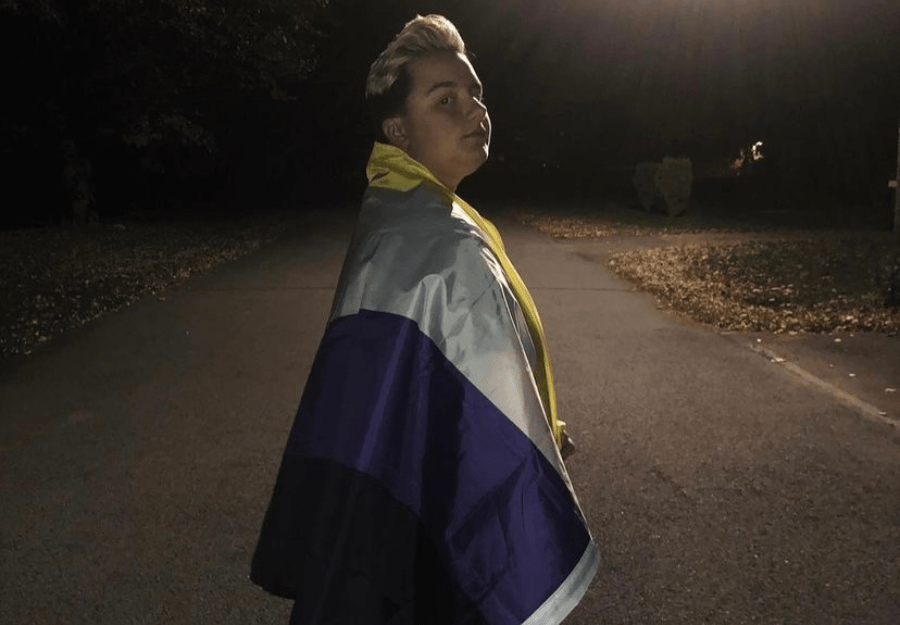
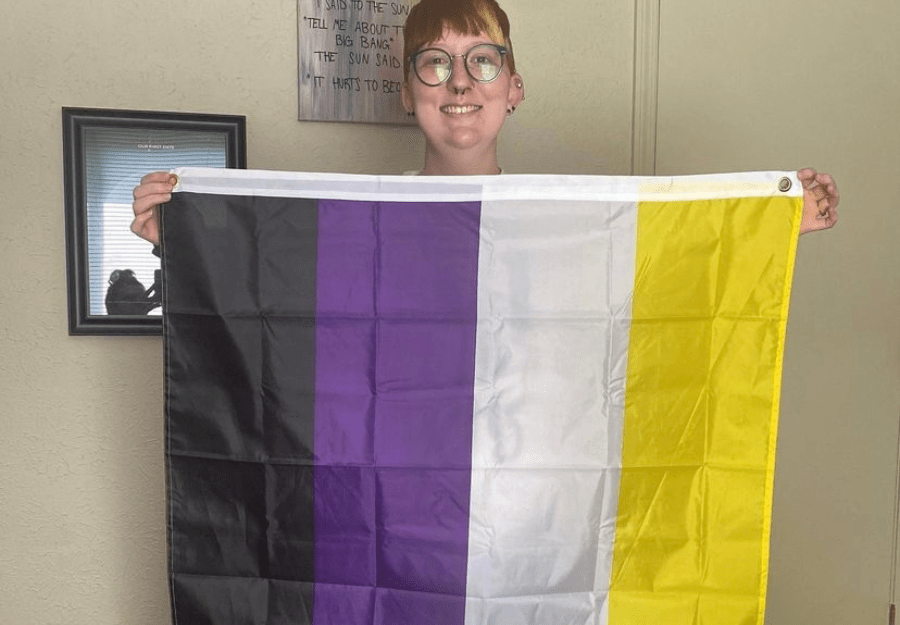
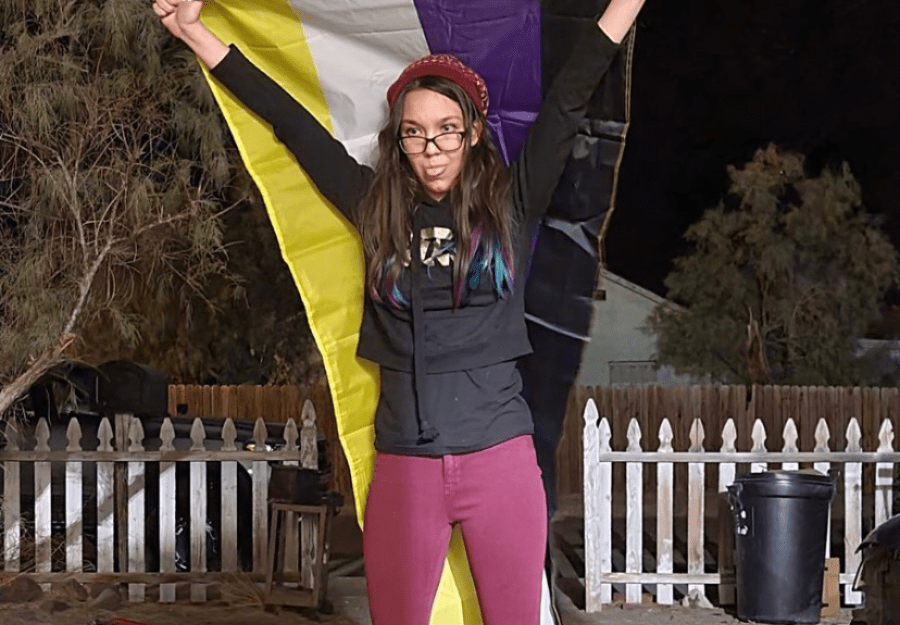
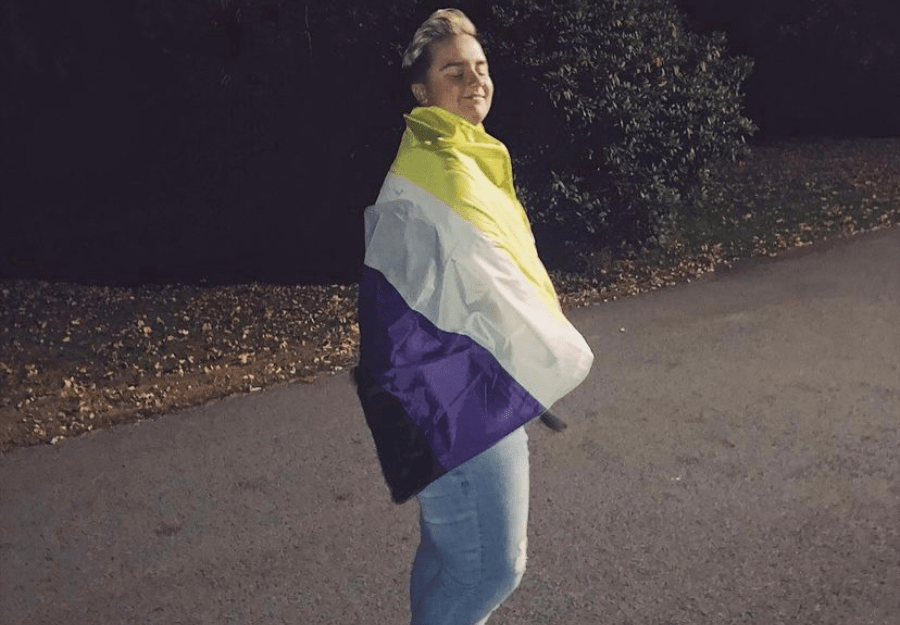
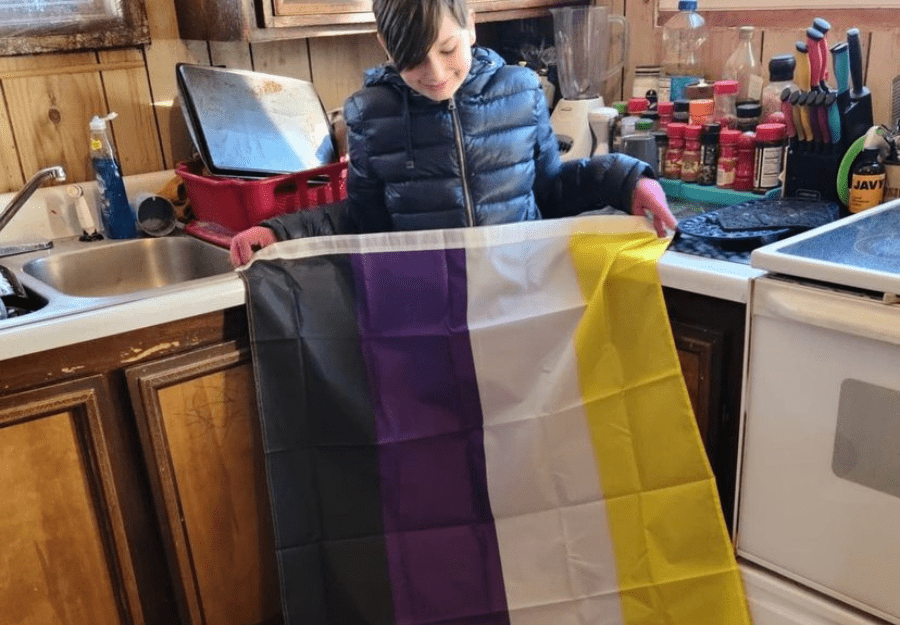
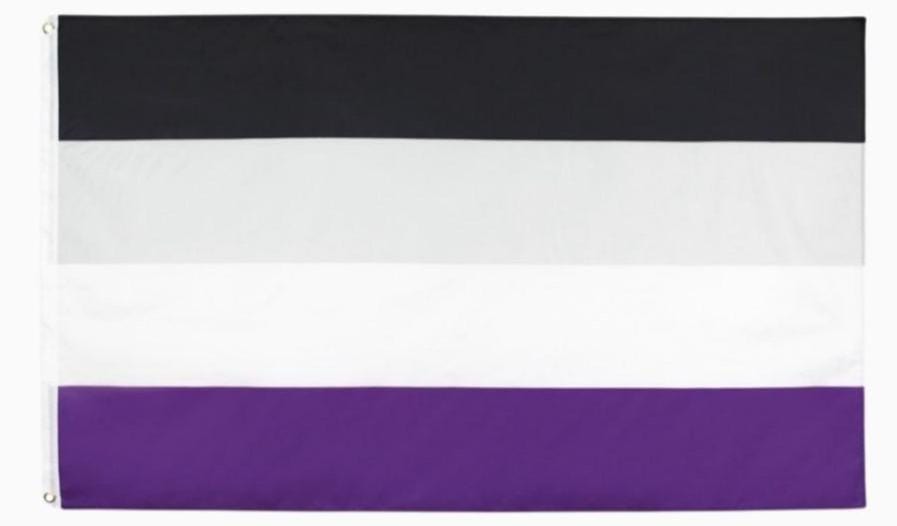
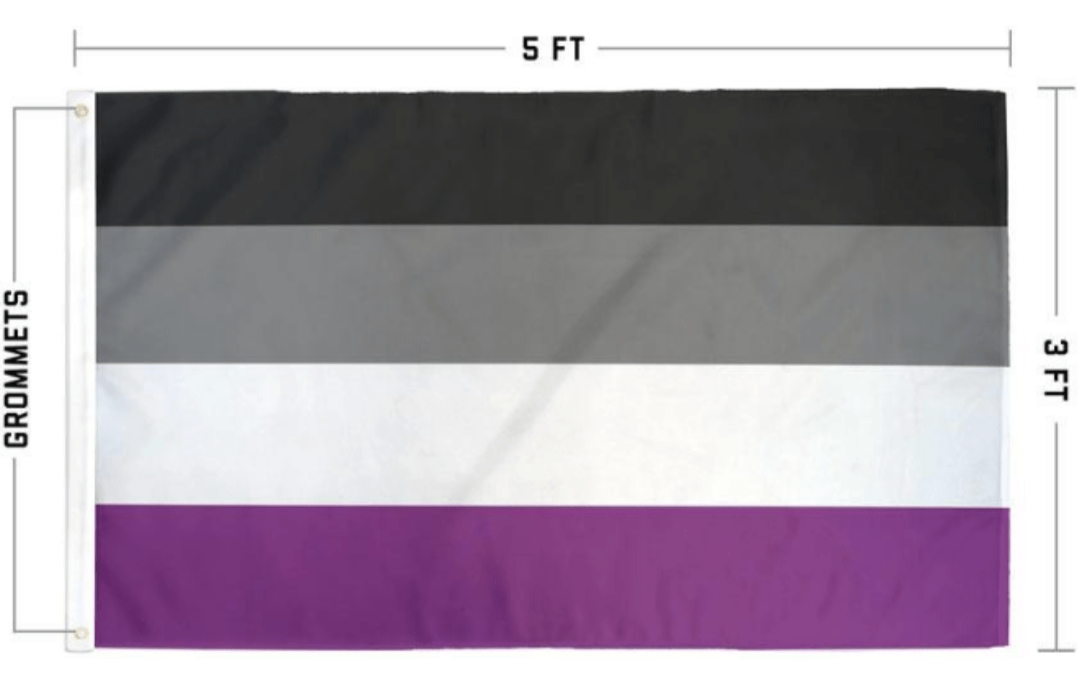
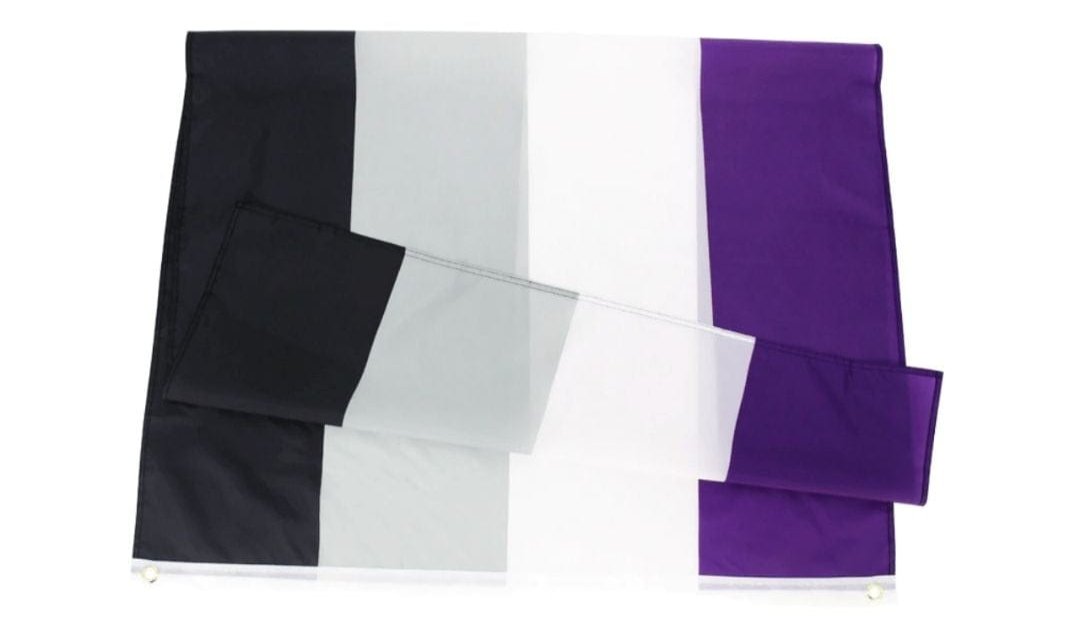
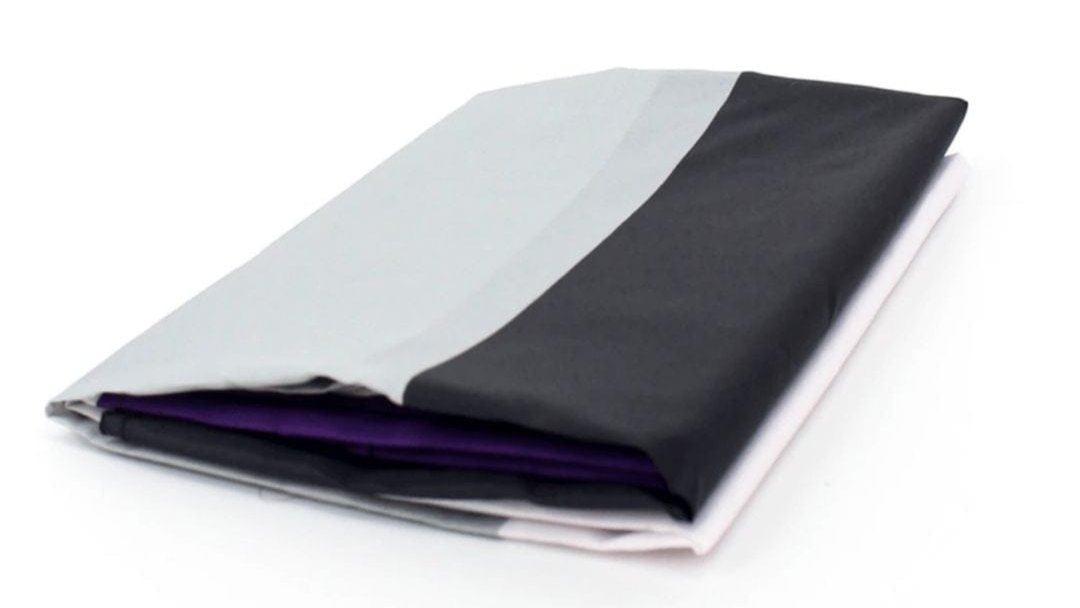
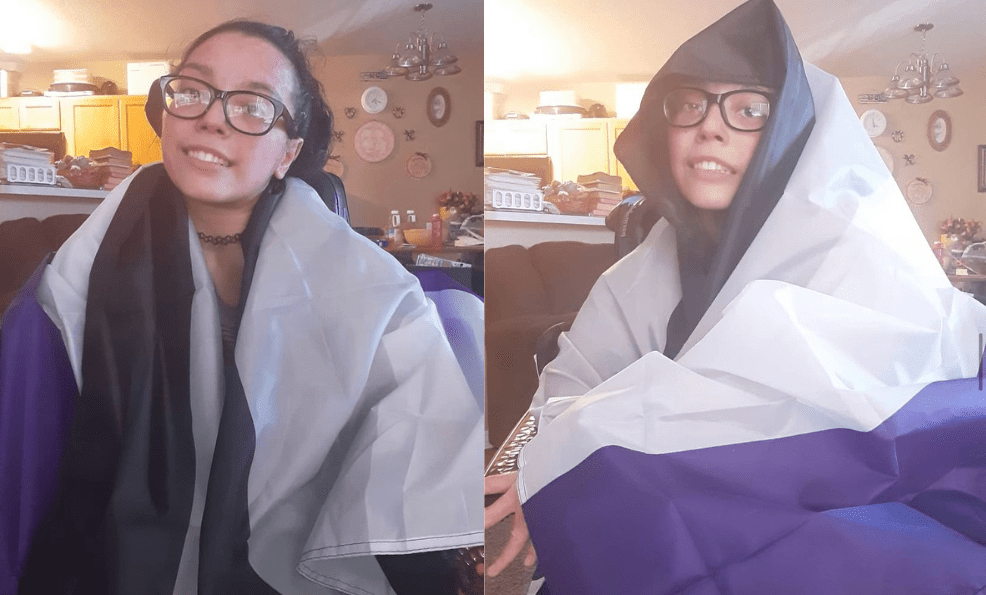
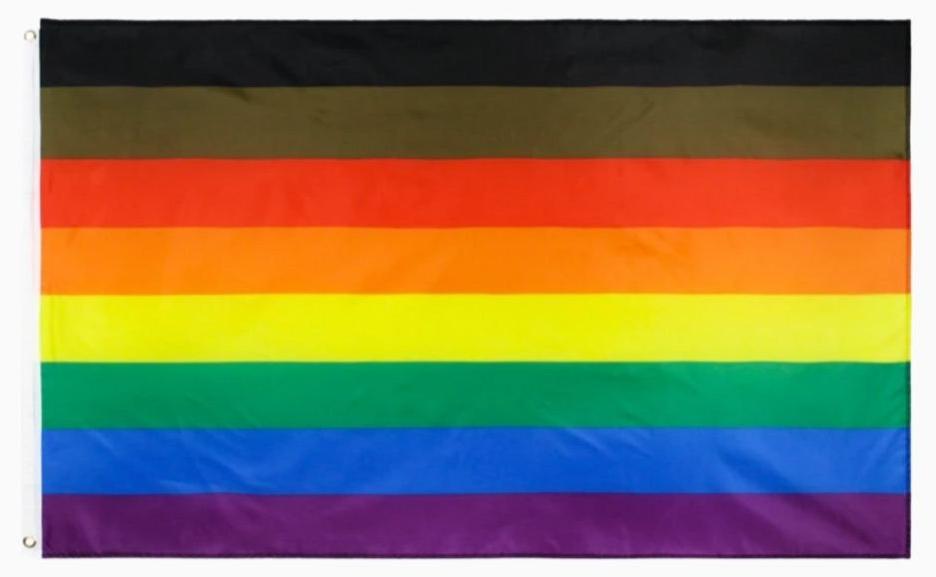
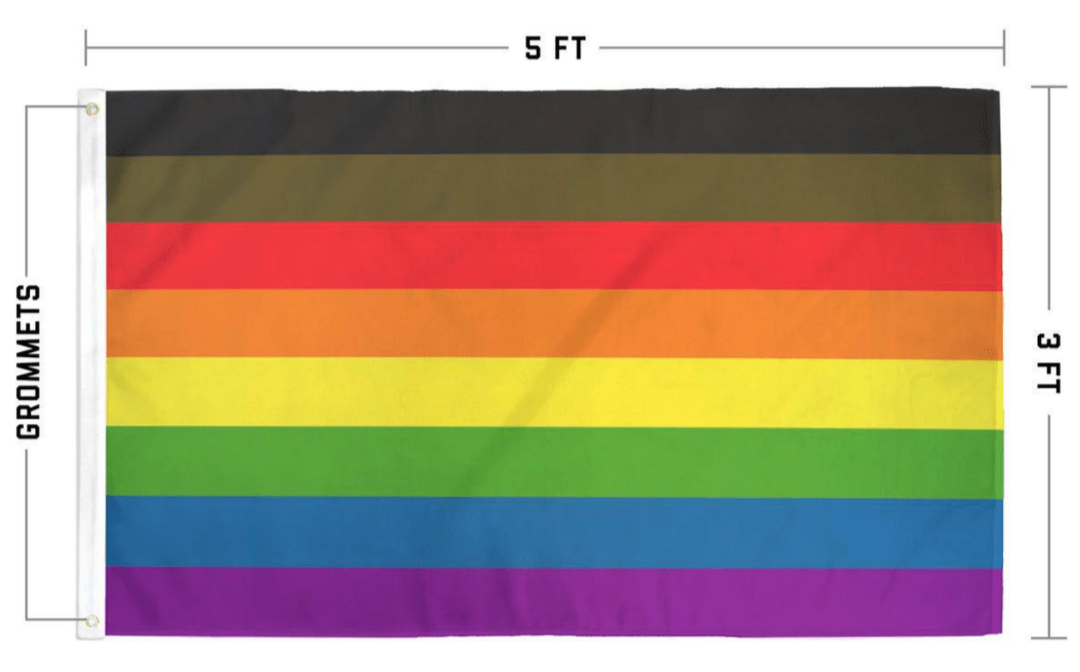
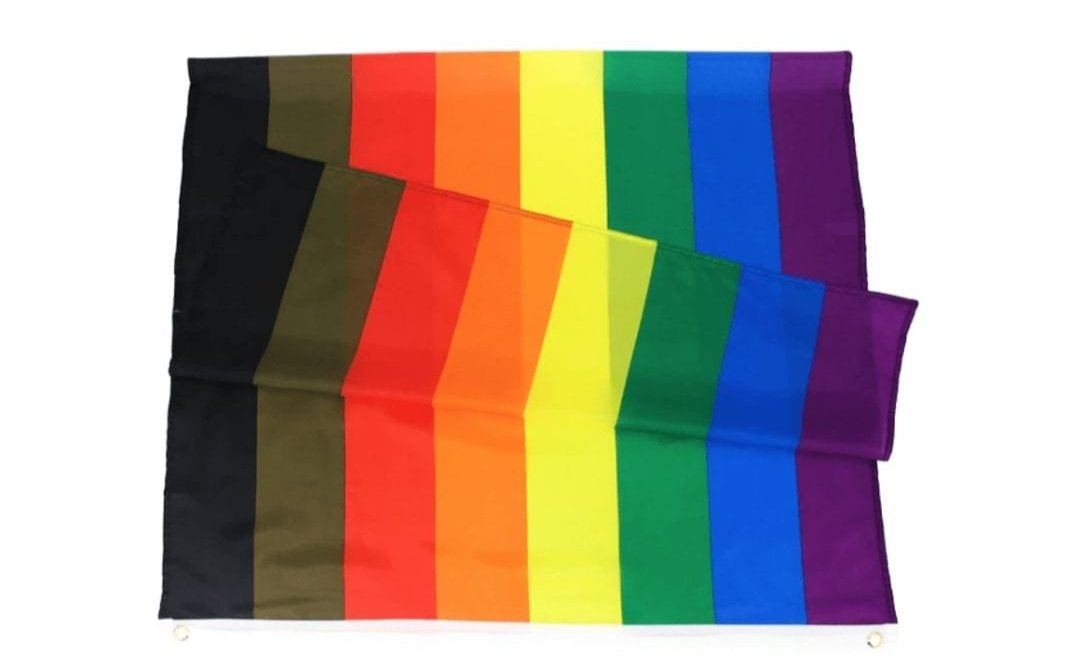
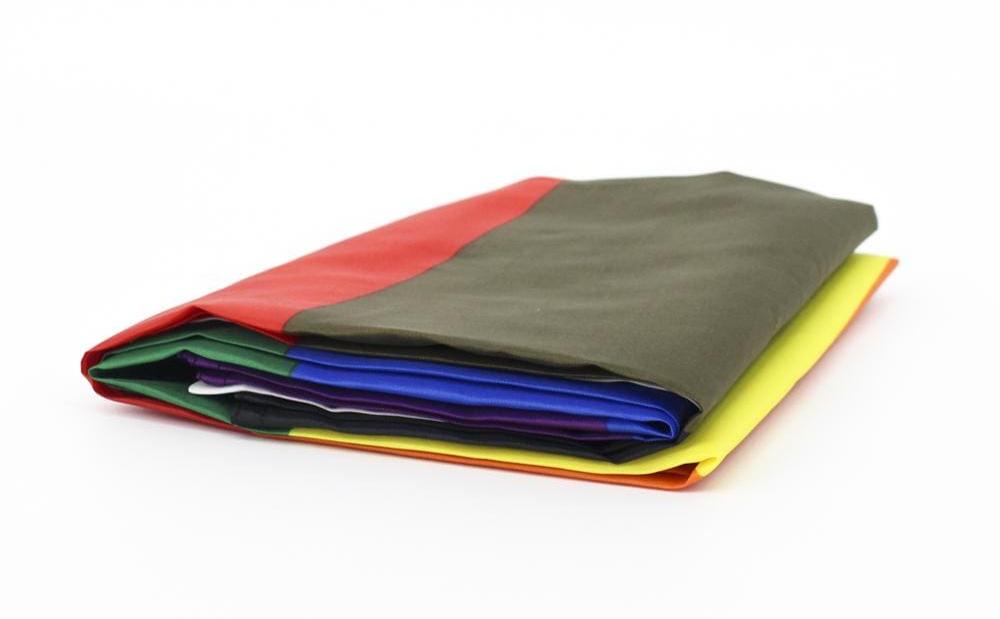
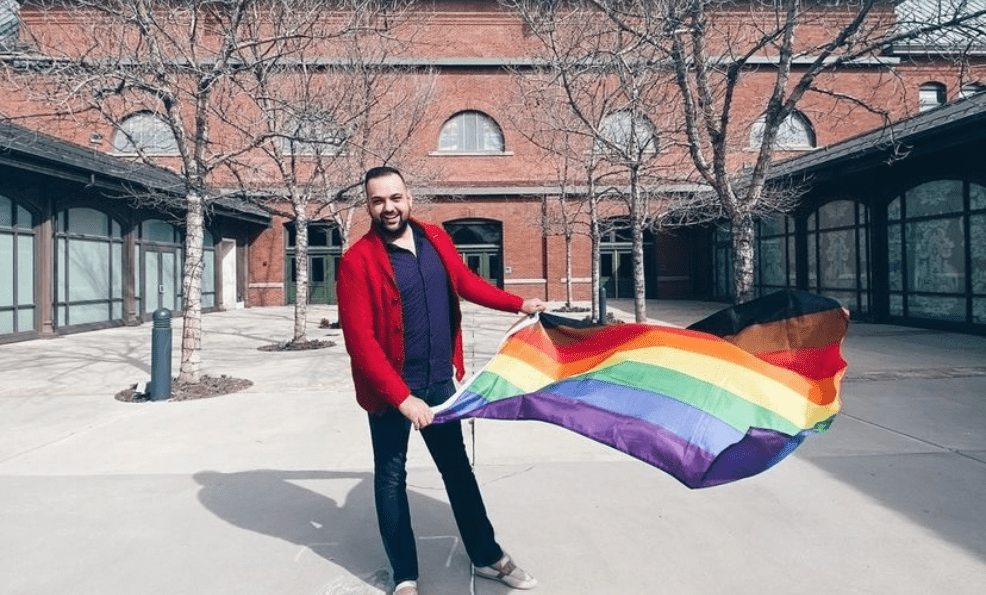
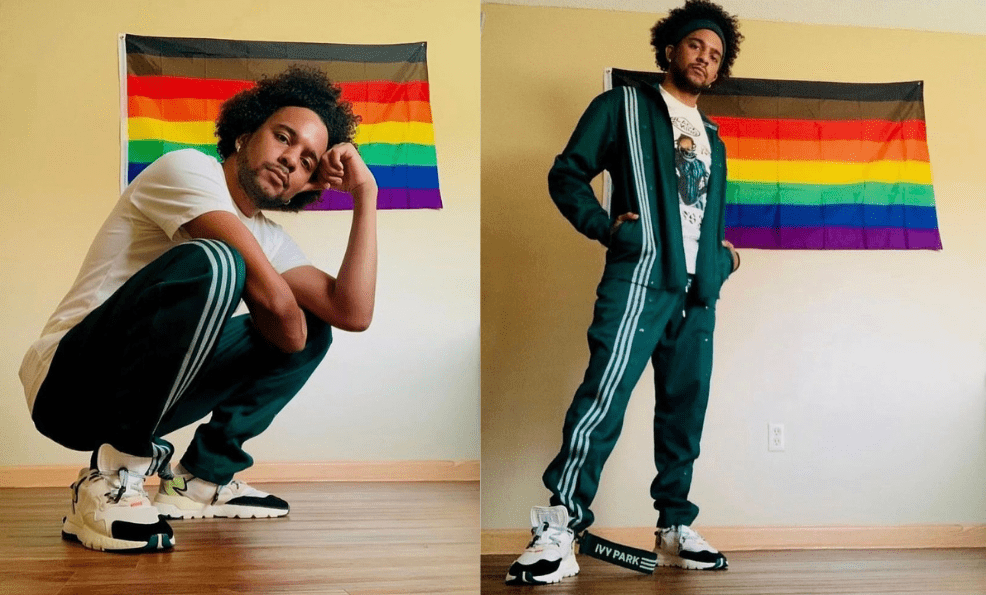
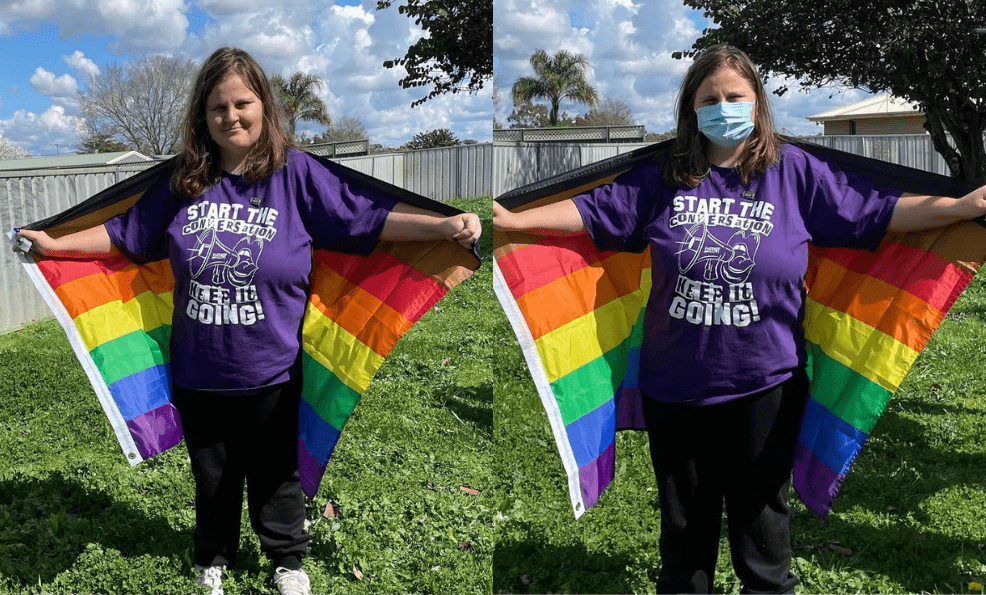
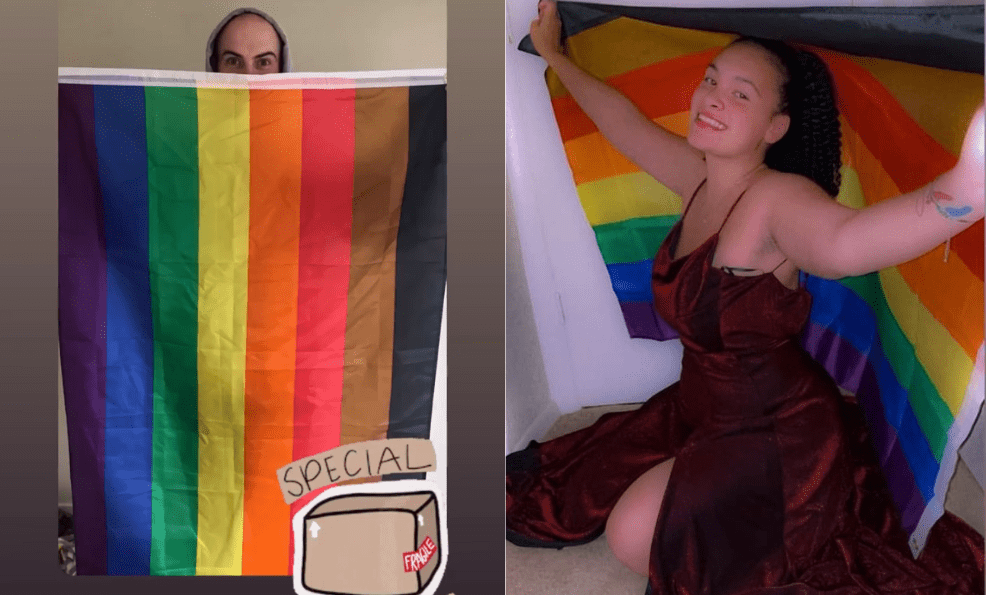
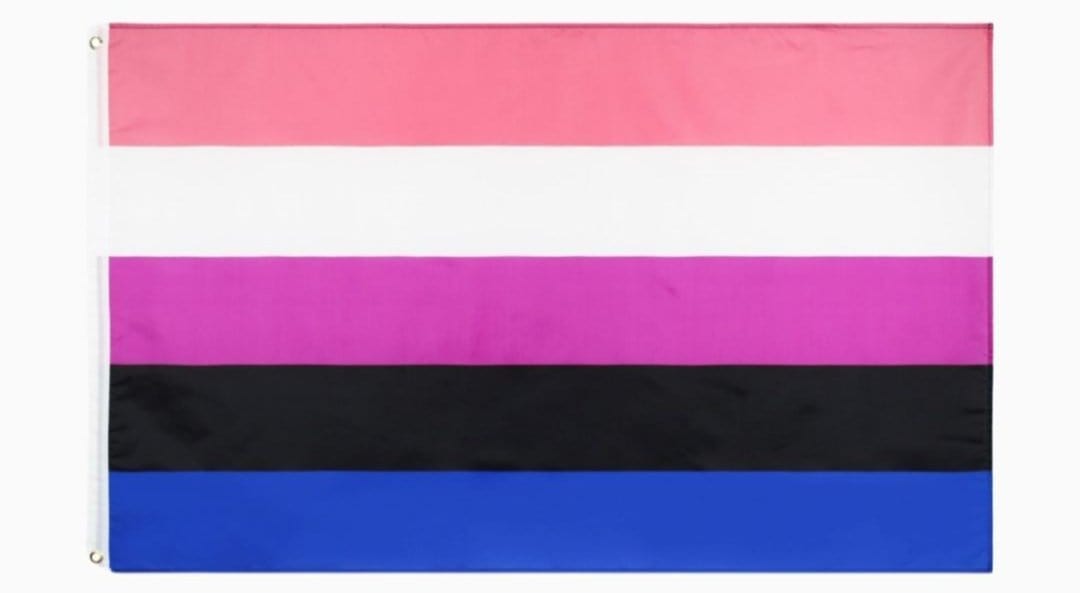
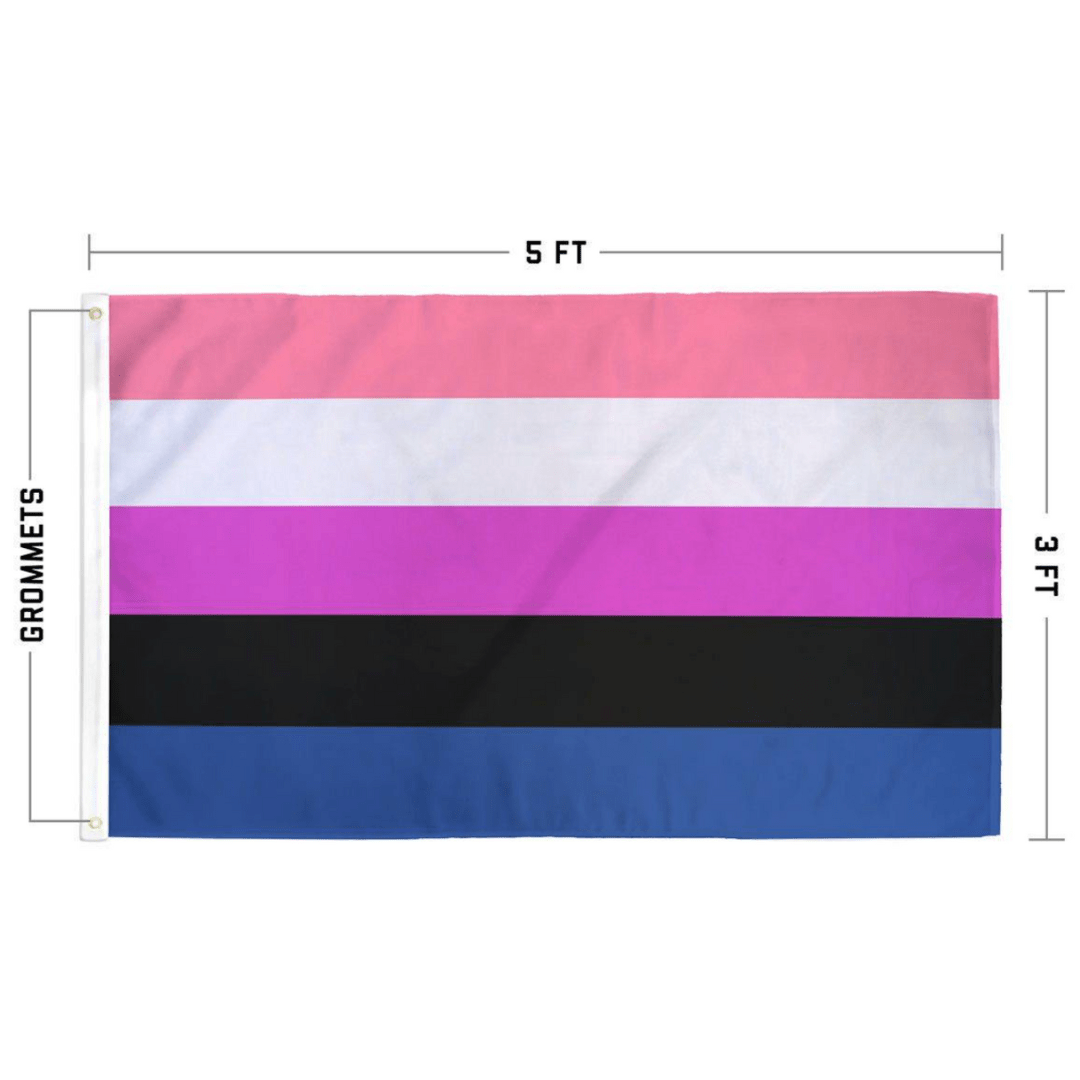
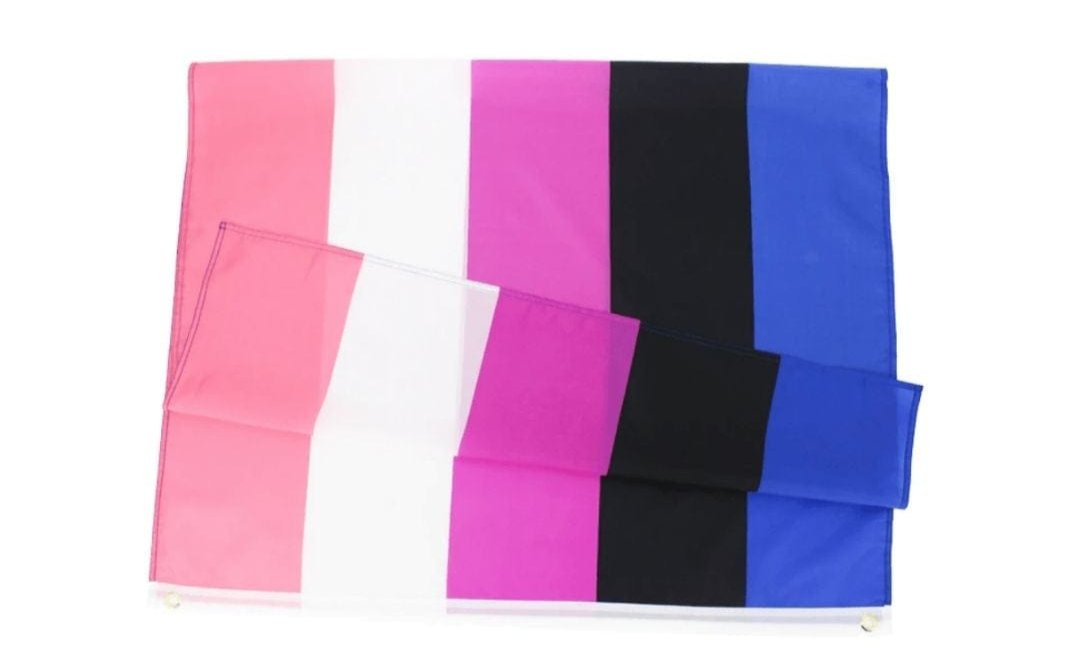
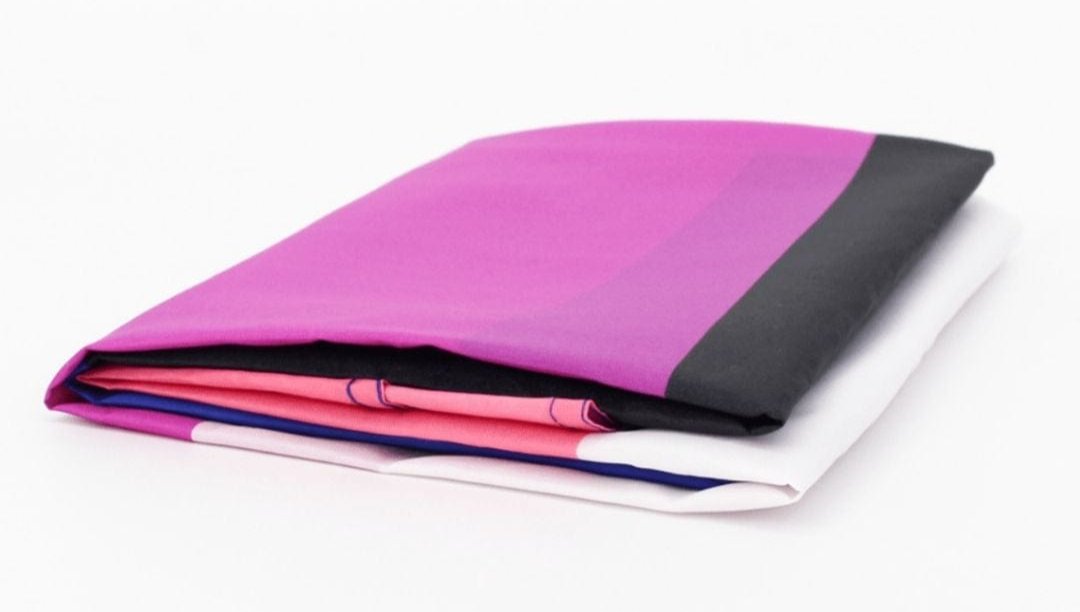
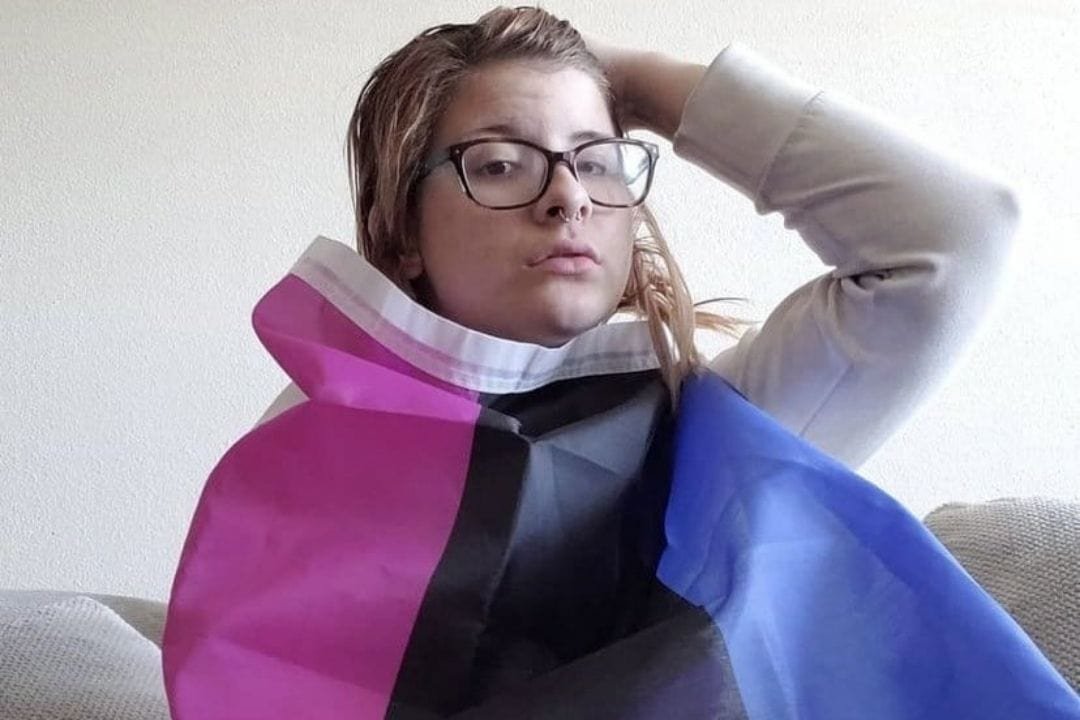
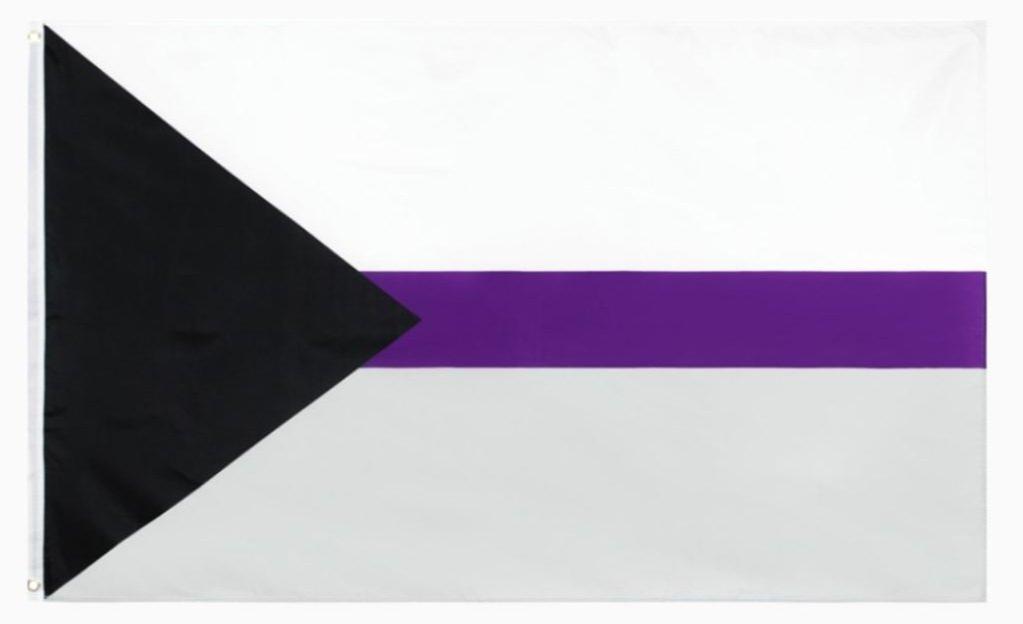
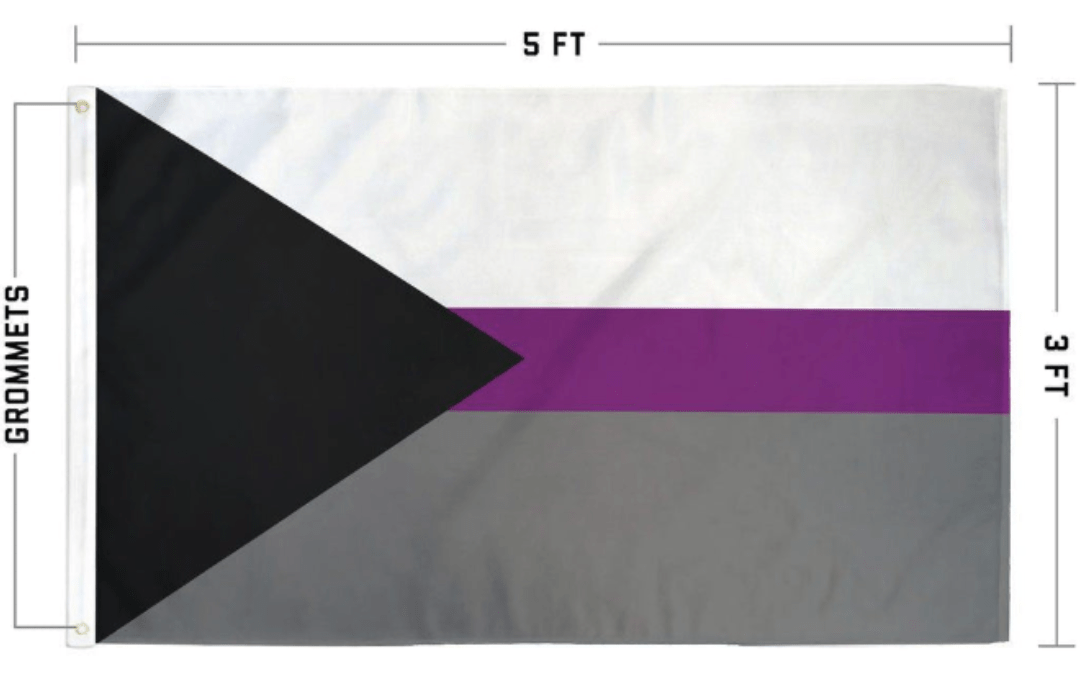
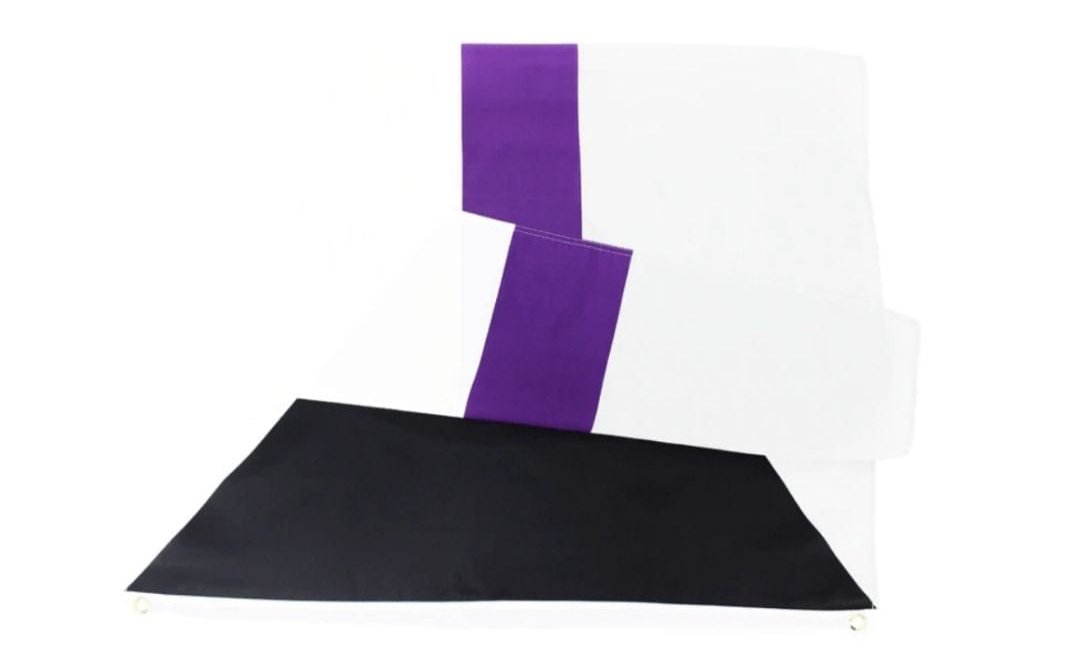
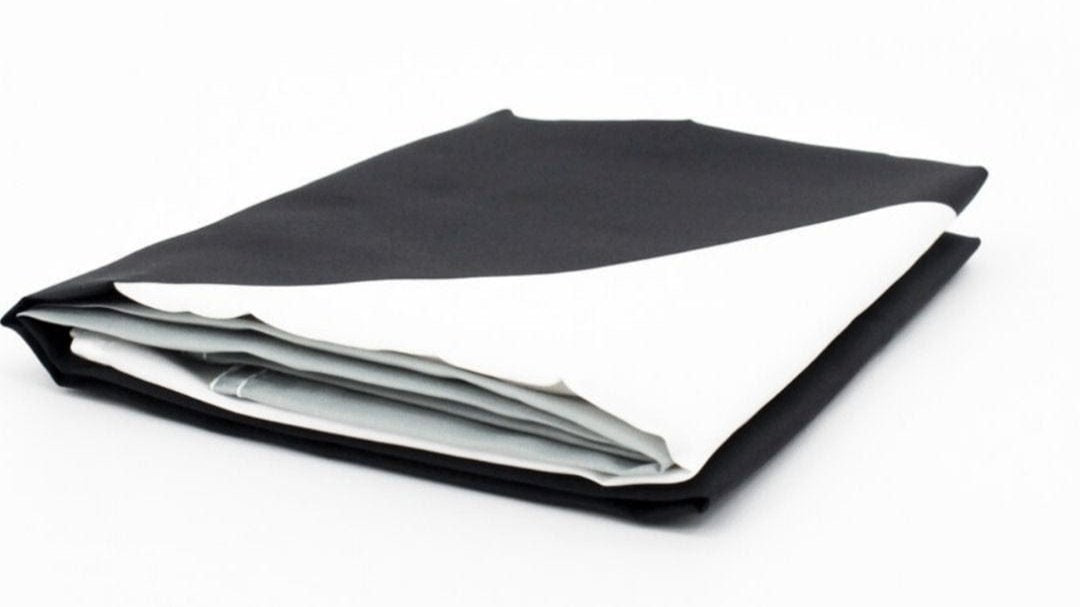
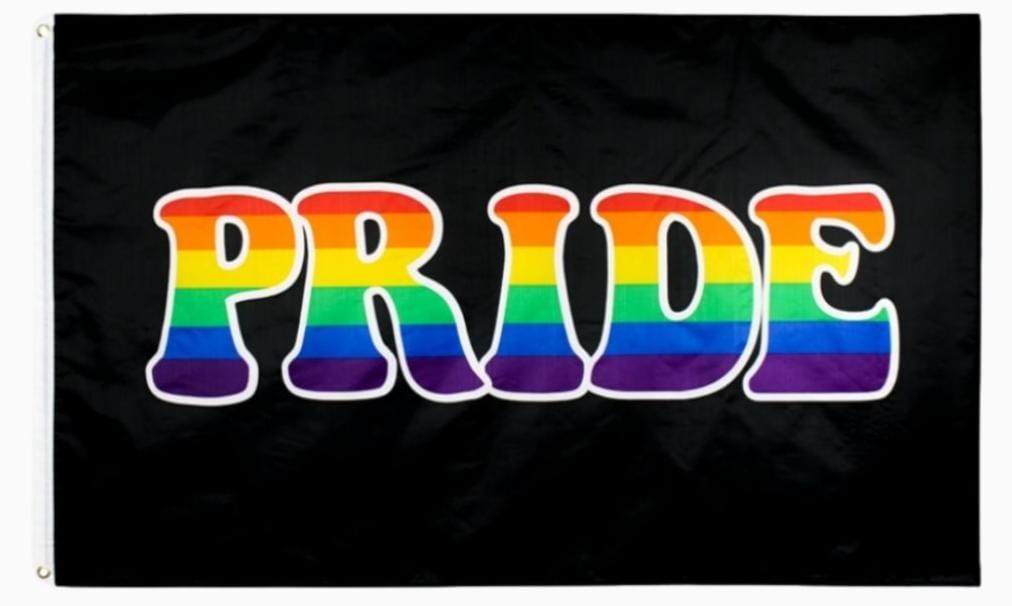
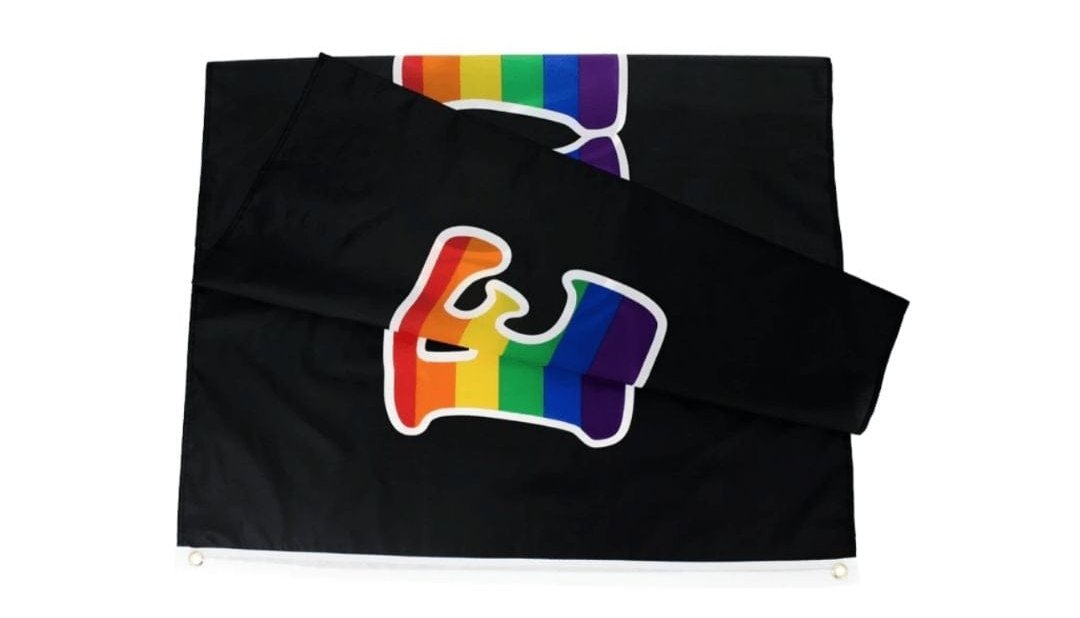
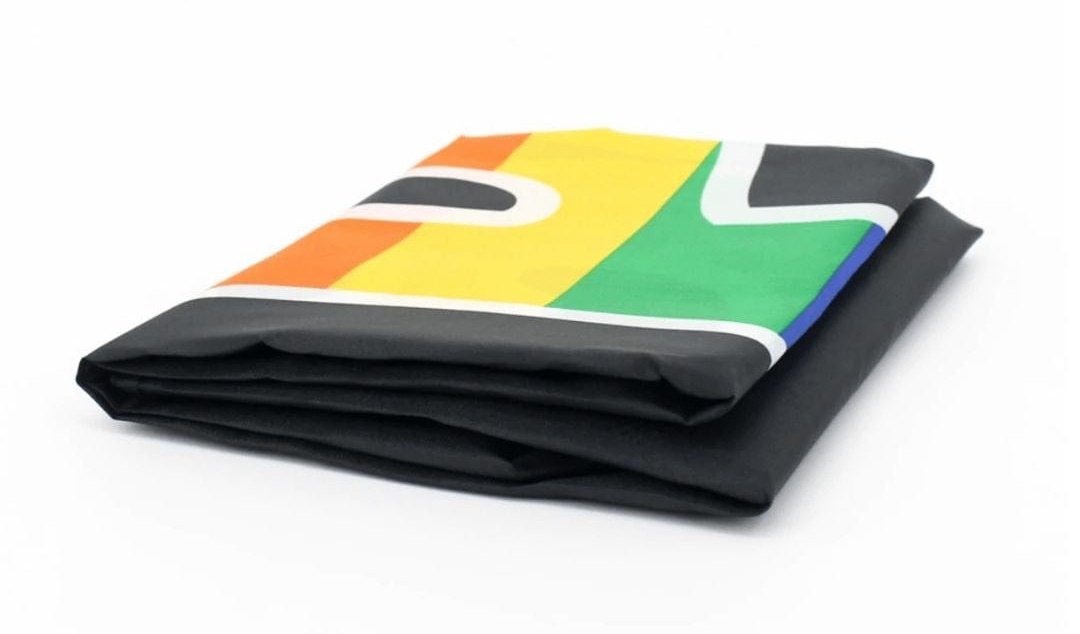
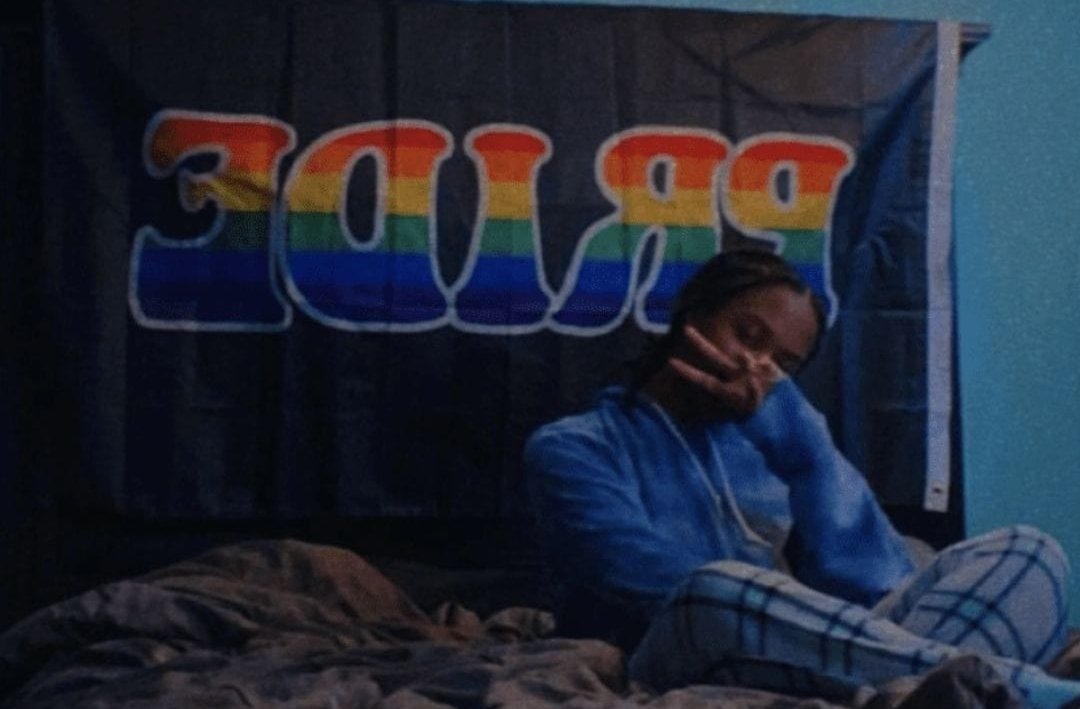
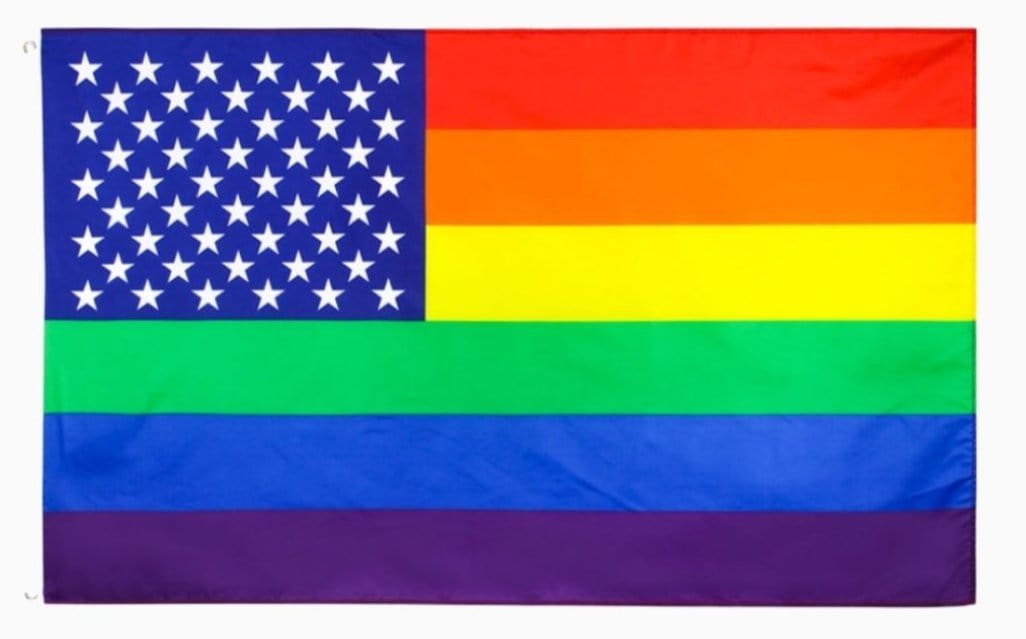
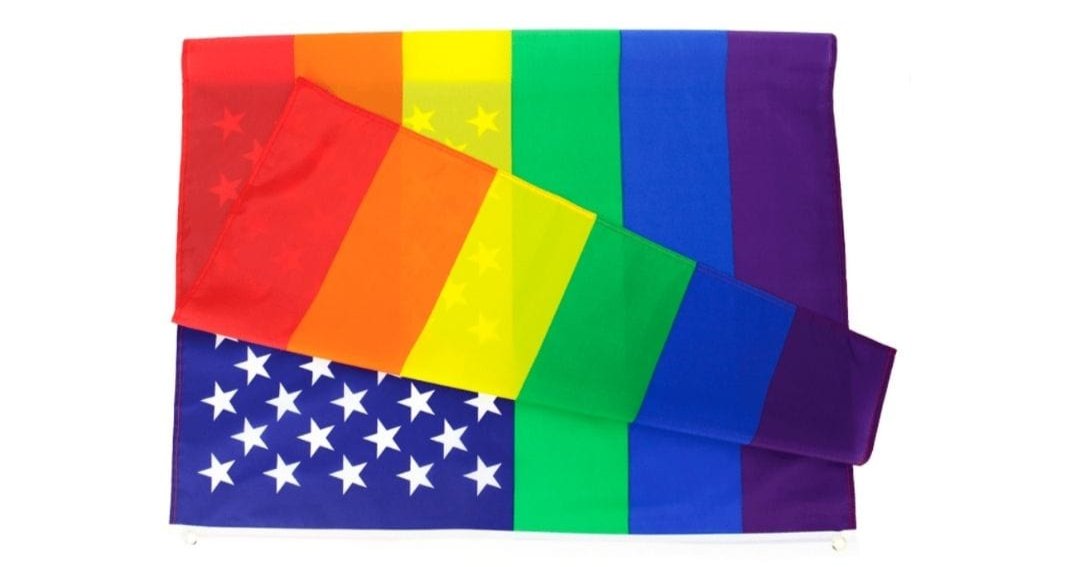
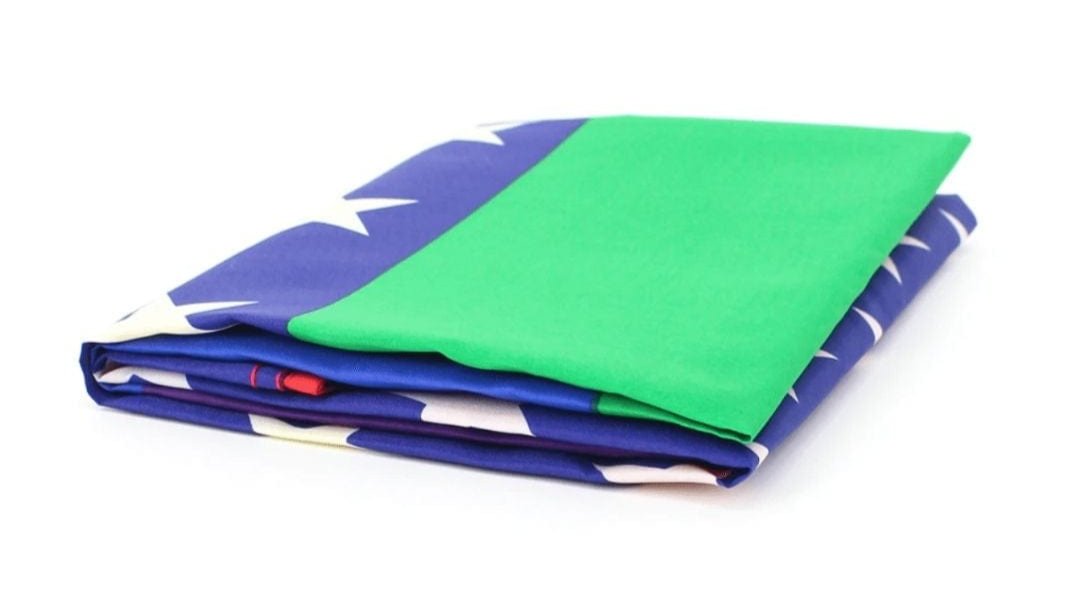
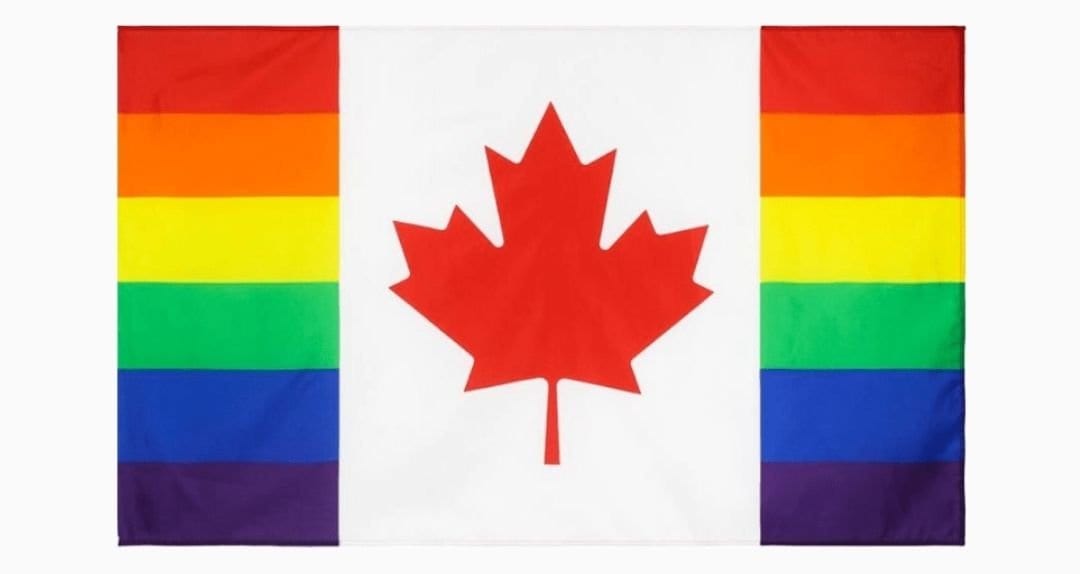
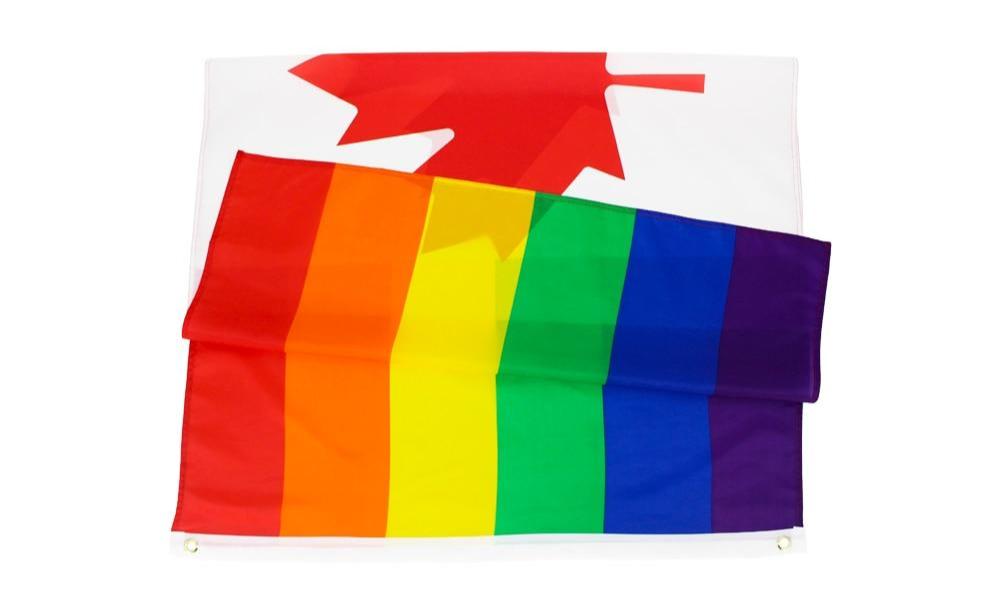
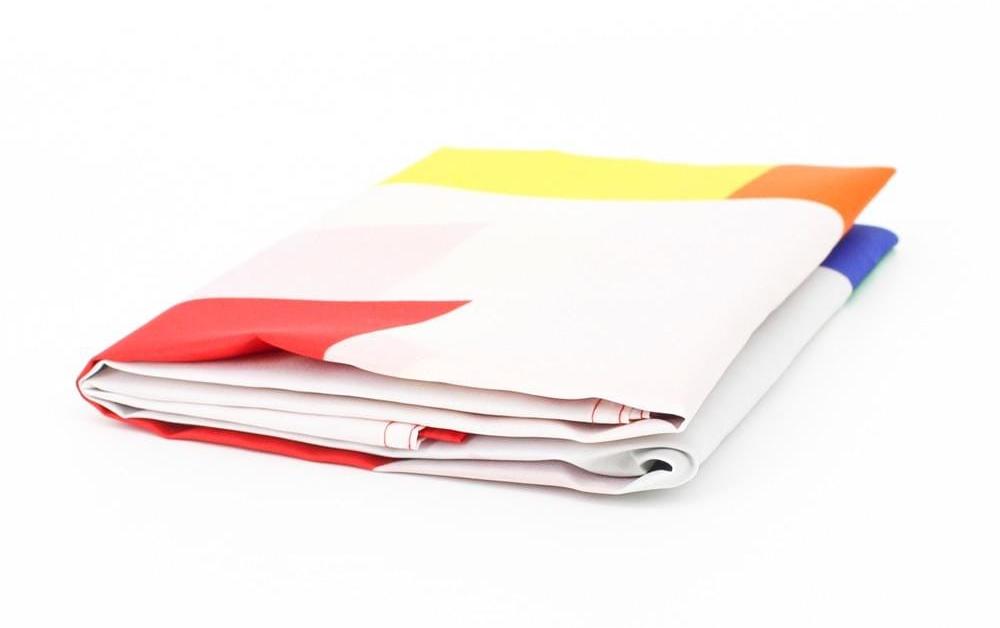
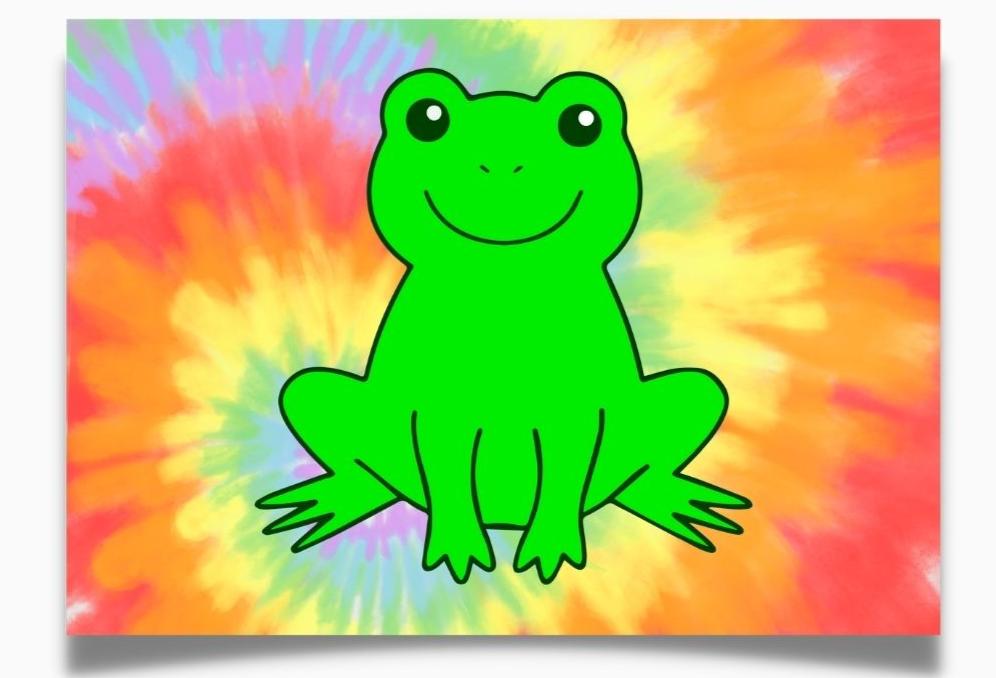
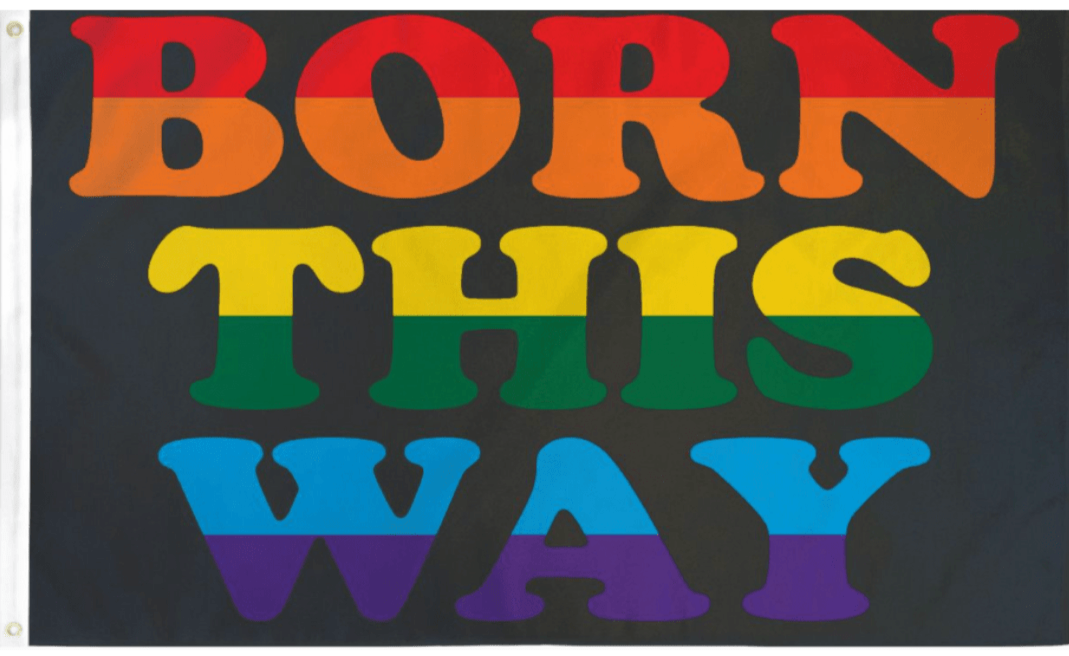
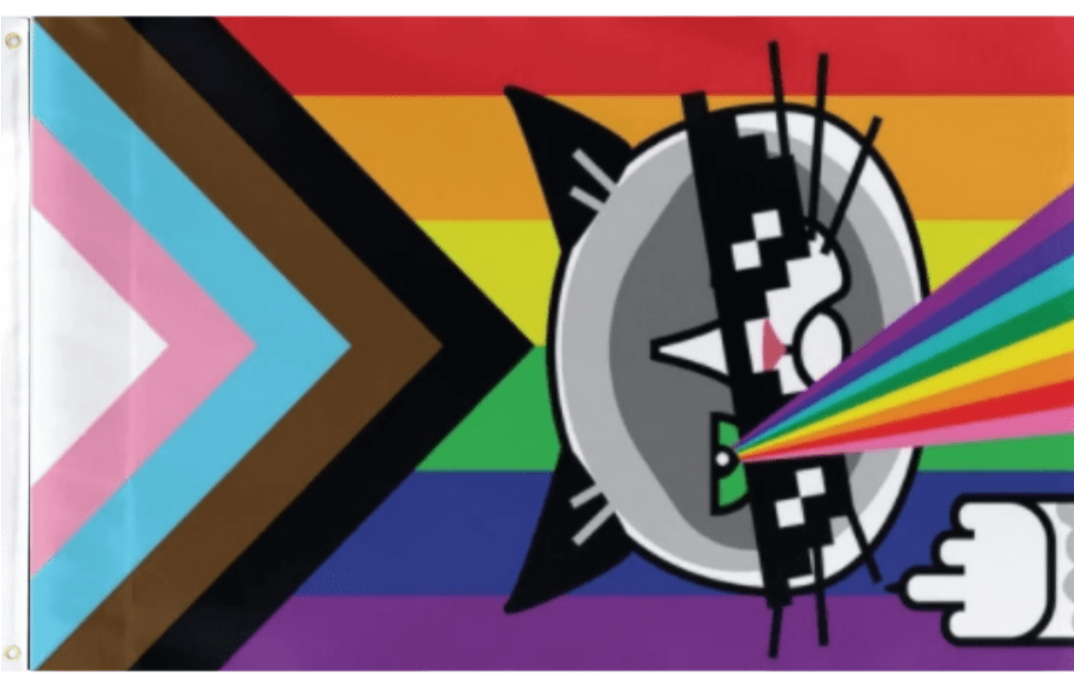
Comments
All these people are hero’s.
I have lived in Texas for almost ten years now and I have learned a lot about Barbara Jordan and her amazing contributions I had no idea that Ms. Jordan was a lesbian. Thank you for enlightening me on her as well as the 9 other amazing humans on this list!
I would add the Rev. Dr. Pauli Murray, a seminal figure in racial and gender justice. Her experience of gender fluidity was radical for her times. A new doc, “My Name is Pauli Murray” has just come out.
Black history month is now ✊🏿✊🏿✊🏿🏳️🌈🏳️🌈🏳️🌈
While I understand that this is an LGBTQ site (and I am on it because I’m Bisexual) the title is misleading. This should be about what they’ve done for the Black community more so than the LGBT community because it is Black History month and not Pride month.
Great to know
✊🏿🏳️🌈✊🏿🏳️🌈✊🏿🏳️🌈✊🏿🏳️🌈I LOVE THIS✊🏿🏳️🌈✊🏿🏳️🌈✊🏿🏳️🌈✊🏿🏳️🌈